


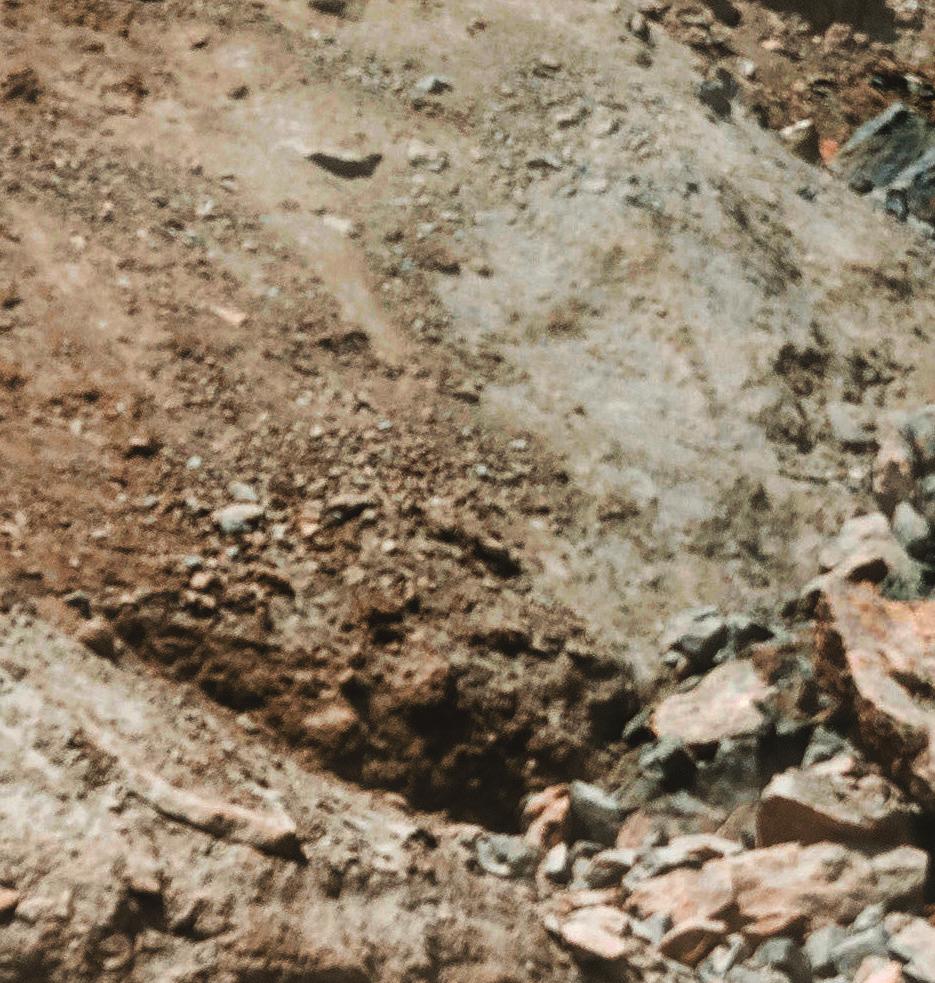
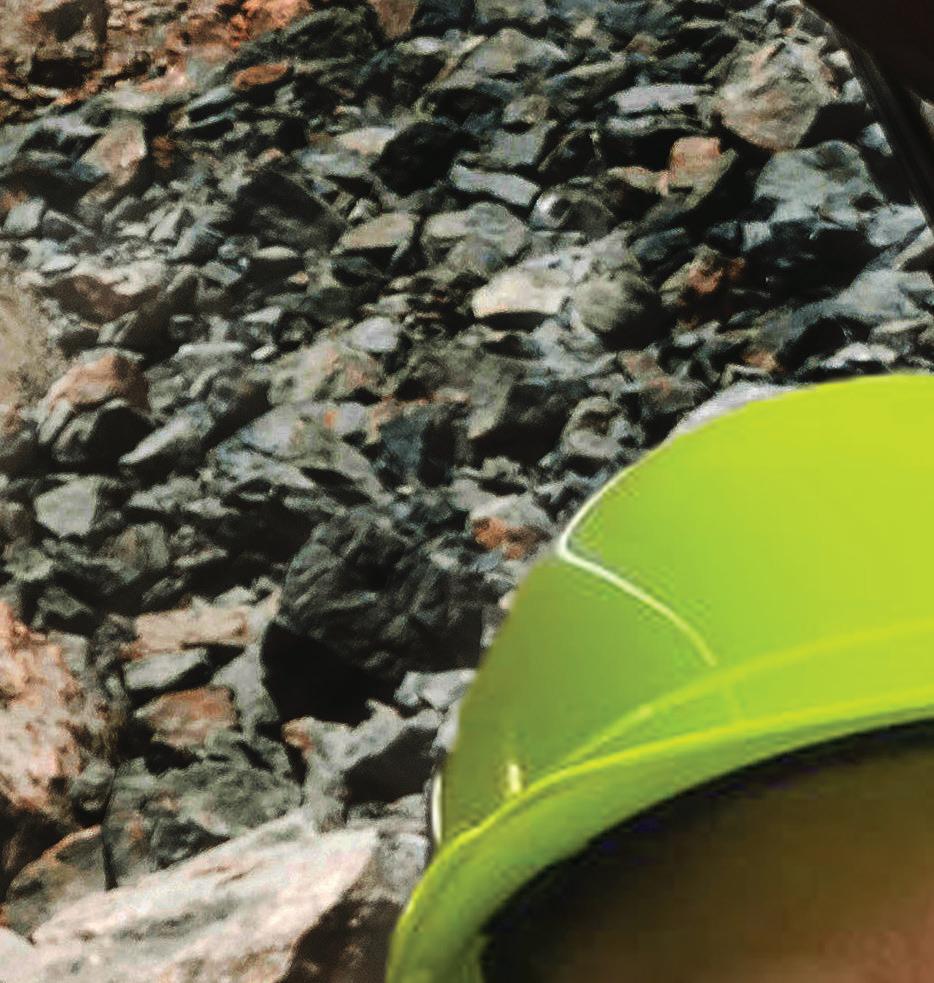

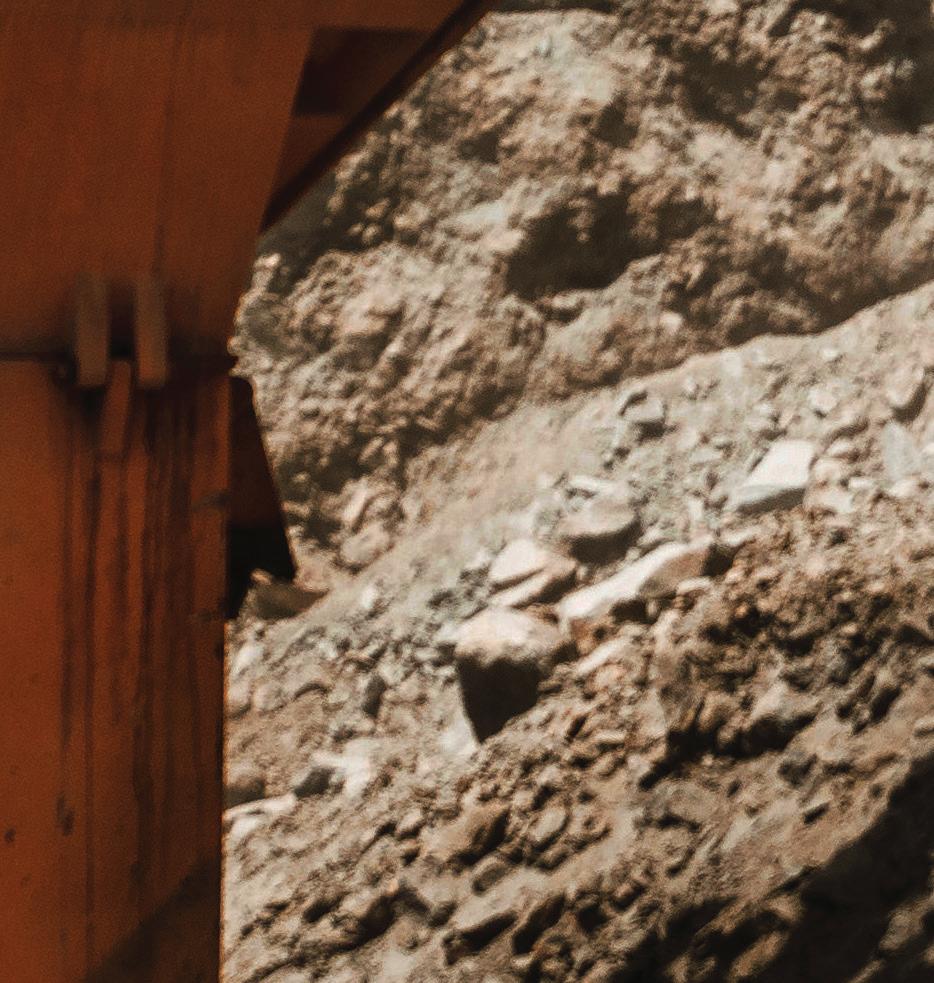
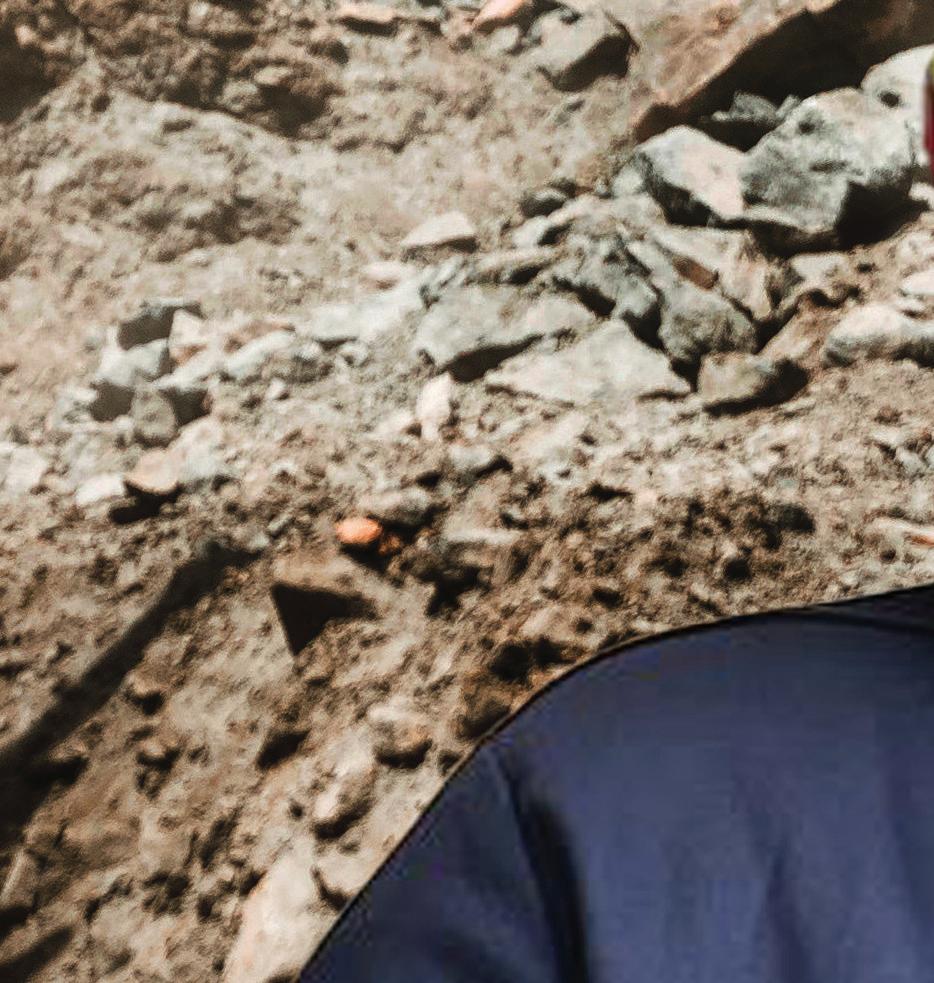

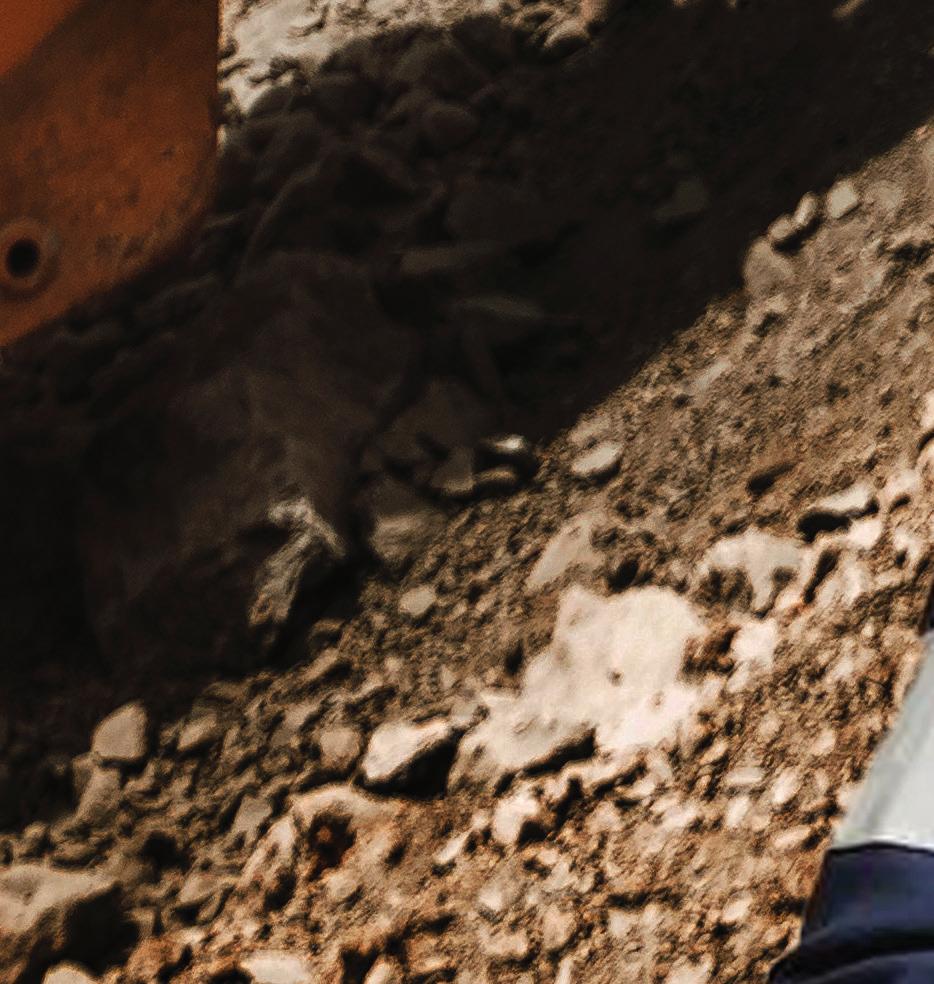
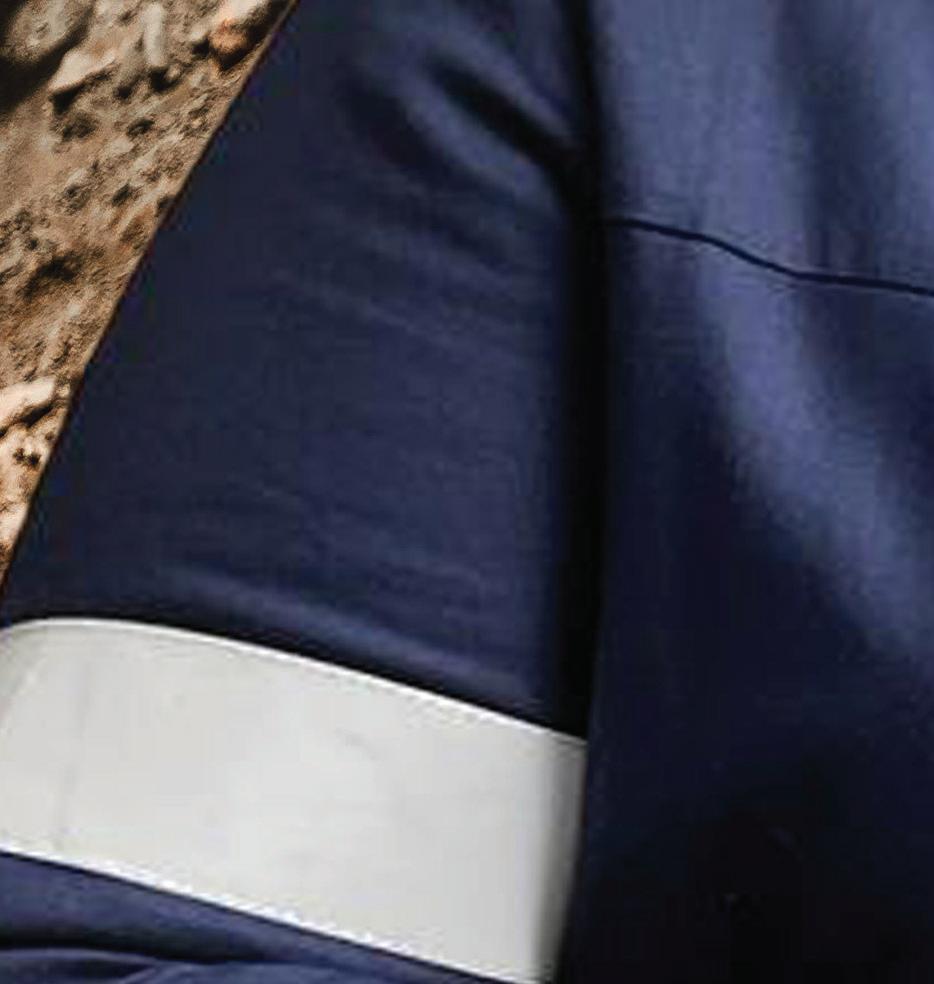

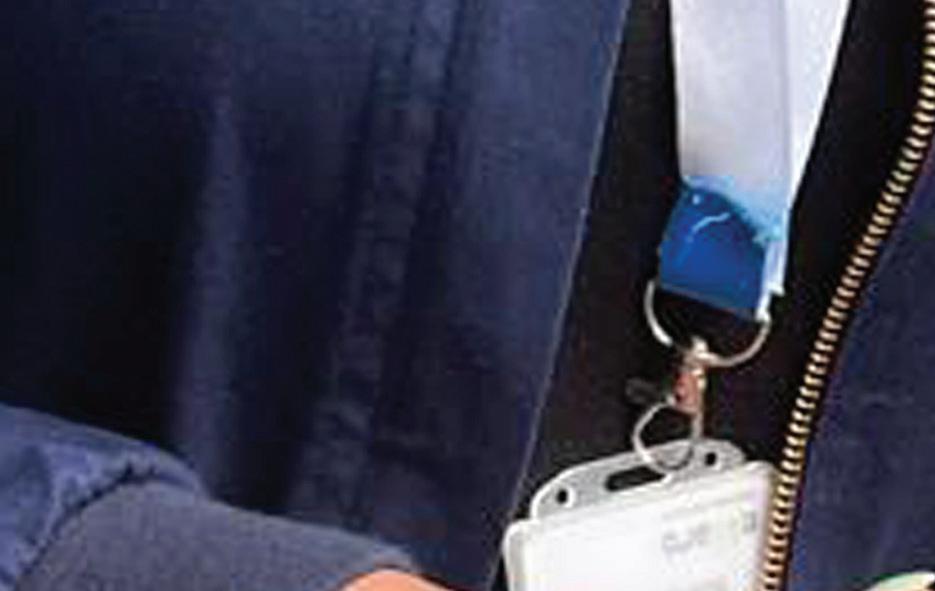

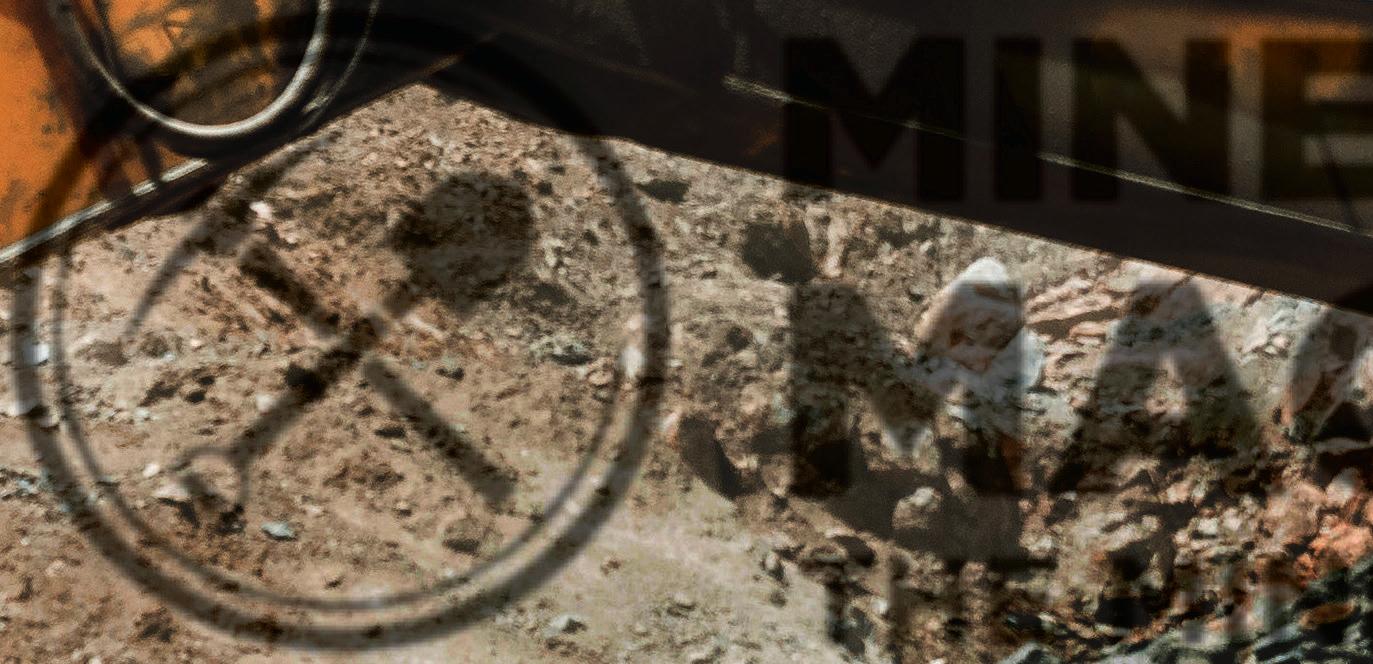






July - September 2023 #Mining Stories RSA R35.00 Safety is about you - mine accident survivor Women in Mining Issue A story of resilience and determination amid adversity Keele Letsipa - From child of a mineworker to Head of Health and Safety
Editorial Team
Founding Editor: Masanda Peter
Contributors: Priscilla Mvana, Bonolo Matshidiso
Website: www.mineworker.co.za
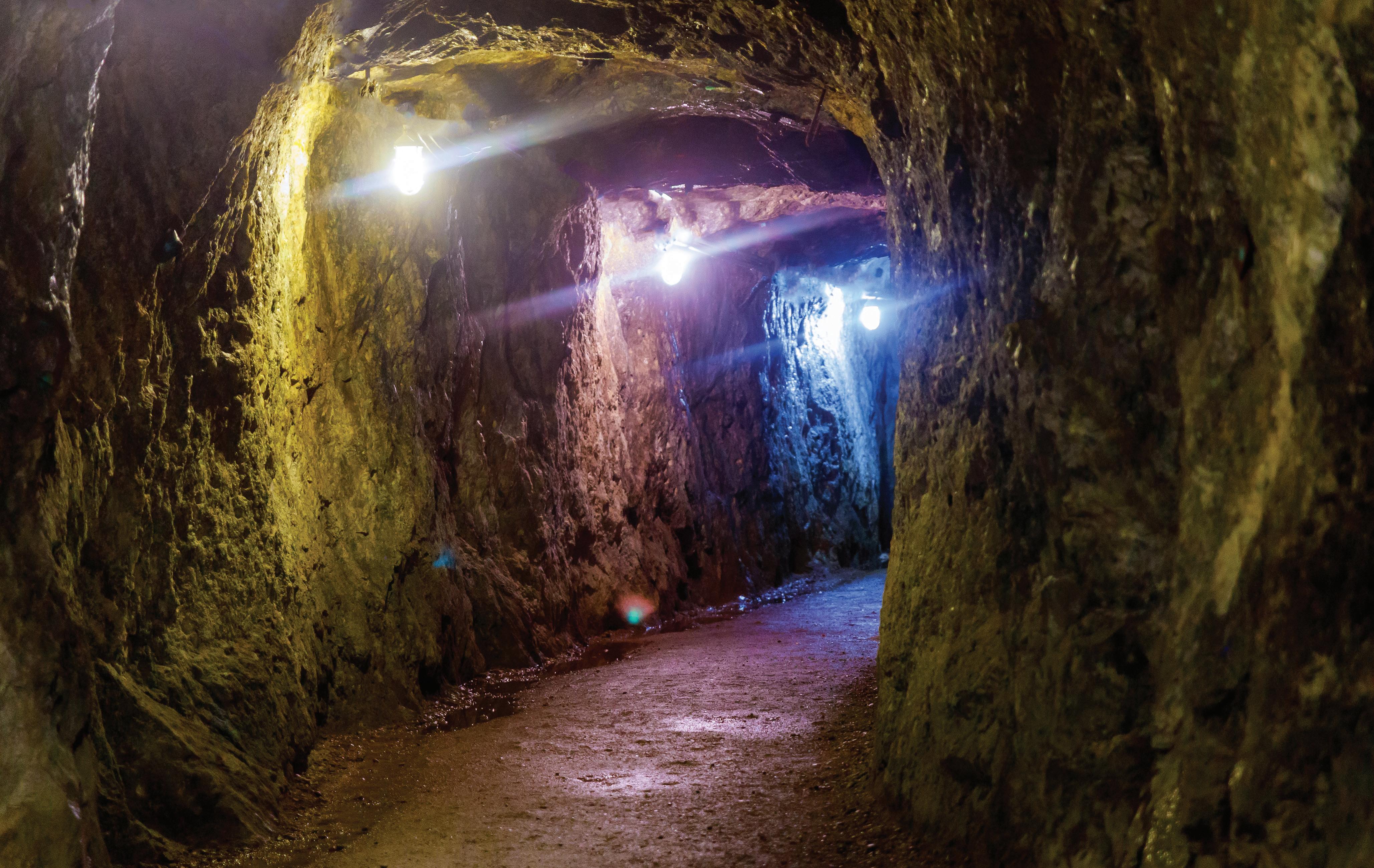
Email: editor@mineworker.co.za
Design and Layout: Free Concepts
Printing and Binding: Dadero Printing
Distribution: Dadero Distributors
Advertising: advertising@mineworker.co.za
Transformation & Gender Equity –a deeper look into Women in Mining
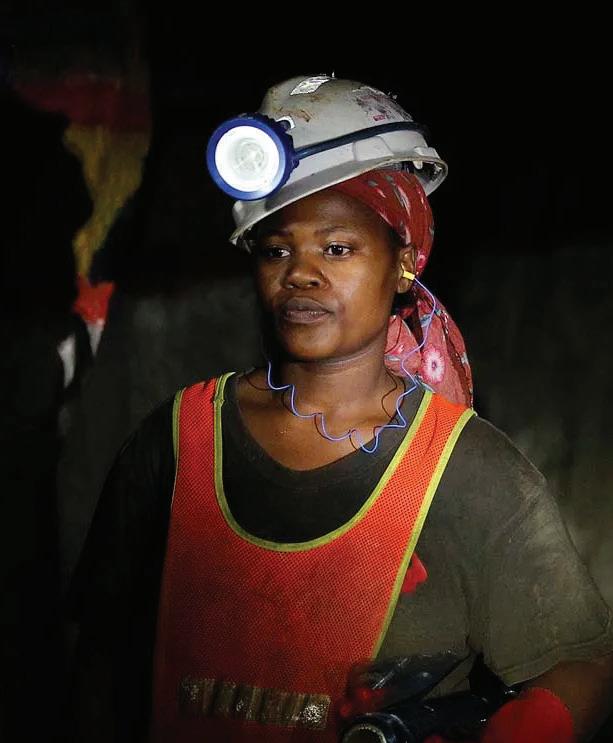
We are already in the 2nd issue of Mineworker Magazine, and what a journey it has been. We are grateful for the love received and the feedback. The engagements have been amazing, and the more we engage, the more we get to see the lives and hear your voices. What a heartwarming experience and thank you for lending your voices to us. The magazine appreciates how you have opened your hearts to us.
This issue focuses on women in mining, and you will get to see the different women from the mining sector. We have covered them in their different roles and spaces, and we get to see the passion behind the work. These are women abenza kwenzeke.

“The world needs strong women. Women who will lift and build others, who will love and be loved, women who live bravely, both tender and fierce, women of indomitable will.” –
Amy Tenney
I have come across strong women who lift and build others up – they have lifted us, too, as women in the mining media space. Women are loving and need the same love returned to them; of course, some are tender, and some come fierce, and they still belong and are women who have a role to play in the mining industry. Women are taking up space and talking to Letisha from ASPASA, the first women leader at ASPASA and her plans and passion; the association is indeed in good
hands. You will hear more about that in this issue.
At the International Day of Women in Mining event, the Minerals Council President, Sis’ Nolitha Fakude, shared statistics about women in mining, including the progress made. Gender equality and transformation are crucial actions that need to be taken and not only spoken about. In her address, Ms Fakude mentioned that over the past decade, a considerable effort had been made to increase gender equality and foster transformation within the mining sector.
The industry has been historically male-dominated, and although progress has been made, with 72,000 women currently employed out of a workforce of 475,000, we still need to continue pushing for gender equality. This is not reflective of South African demographics nor the demographics of students enrolling for and graduating from mining and mining-related courses in universities. The statement clearly shows that more needs to be done, but you can read more on the event in this issue.
Mineworker Magazine is hosting a Women in Mining webinar on July 25th. The Webinar will delve into “Insights from women in mining”. It is essential to continue having these conversations for the industry to make a significant impact. Although we will begin with
an online webinar, we plan to engage with you directly and bring the conversation closer to the mine. The support of men in these discussions has been valuable, as their voices matter. You can scan our code to be redirected to our LinkedIn page, which will host the Webinar as one of the platforms.
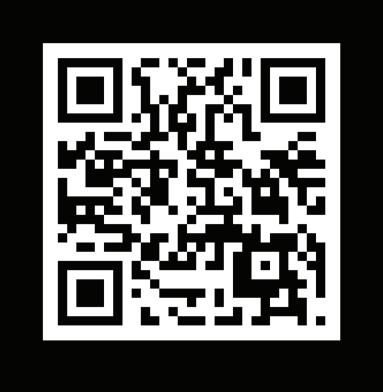
As we have promised, our magazine will always prioritize health and safety. In this issue, we hear from Mdu Mathenjwa, who experienced a life-changing event but survived to share his story. His message of “it can happen to you too” emphasizes the importance of taking health and safety seriously. Injuries and fatalities can have severe consequences, and it is crucial for all industry stakeholders to prioritize this issue. Bayasweleka abantu, bayonzakala abantu, siyakhalima.
Mineworker Magazine aims to share authentic stories from genuine people. It’s amazing to think that a child of a mineworker whose father passed away due to a mine TMM injury over 30 years ago could grow up to lead health and safety efforts for a mine. It may seem unlikely, but it’s a true story you’ll discover in this issue. We strive to bring realness from the industry to our readers.
This issue is filled with interesting content, and we hope you will enjoy reading it as much as we enjoyed creating it. We look forward to bringing you more in the next issue.
Website: www.mineworker.co.za
Email: editor@mineworker.co.za
Phone: 082 544 0238
FB: Mineworker Magazine
Twitter: @mineworkermag
Podcast: The Mineworker
Social Media: Follow Us!
Masanda Peter Editor's note
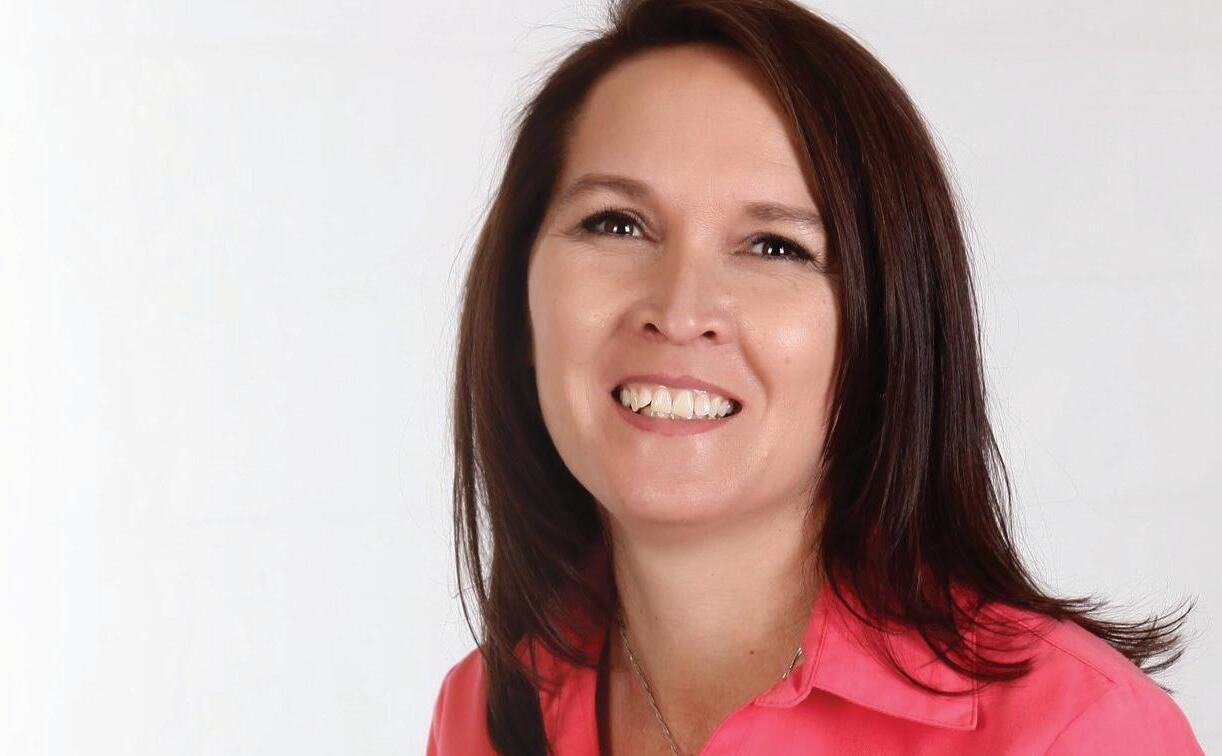
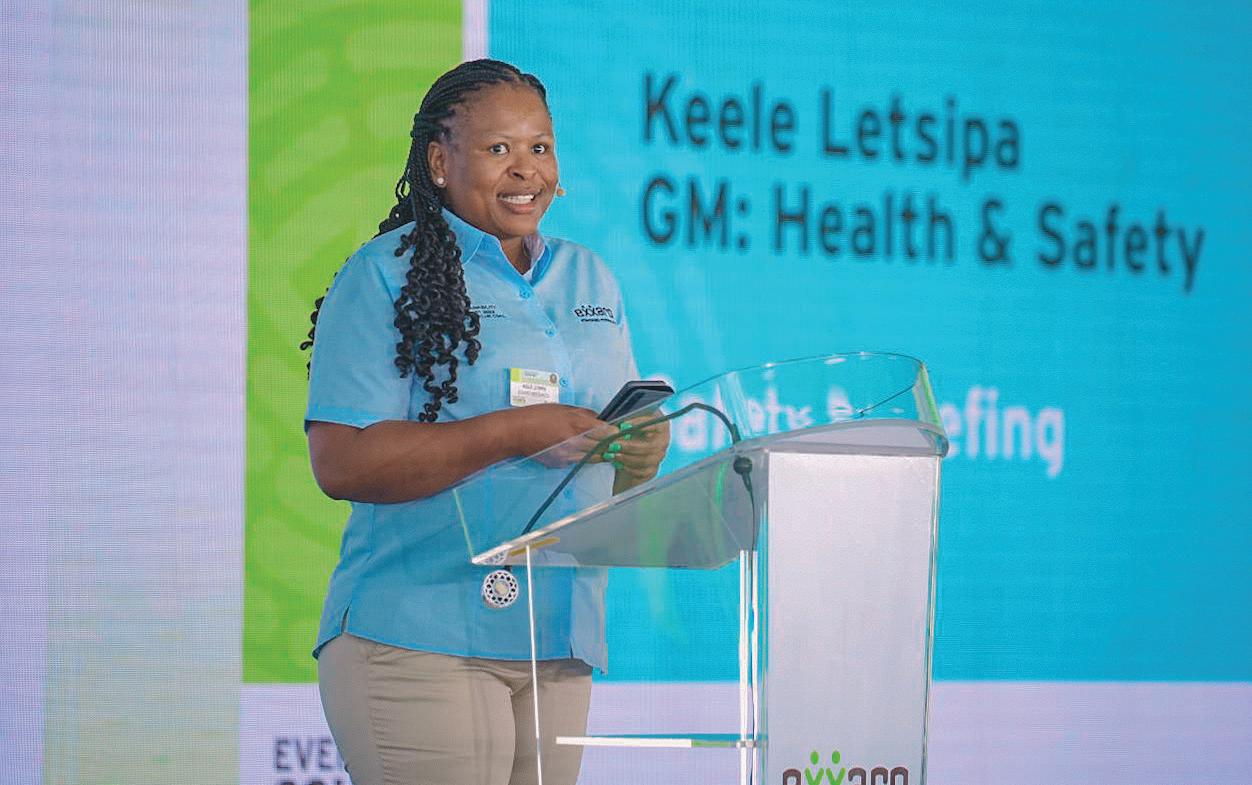
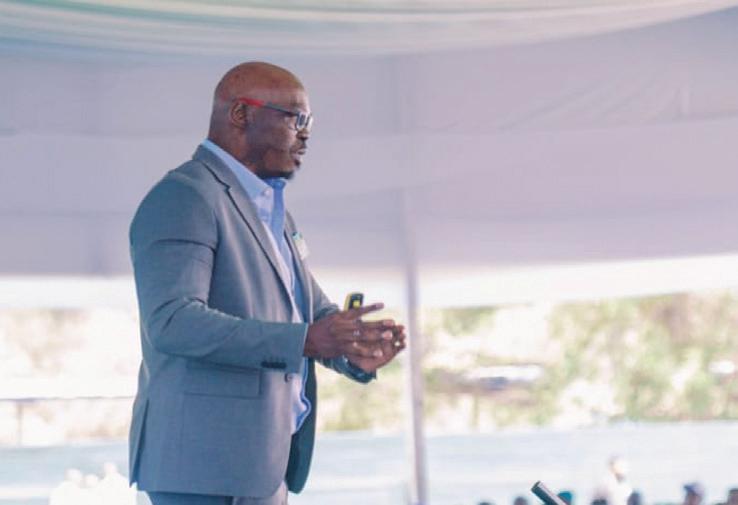


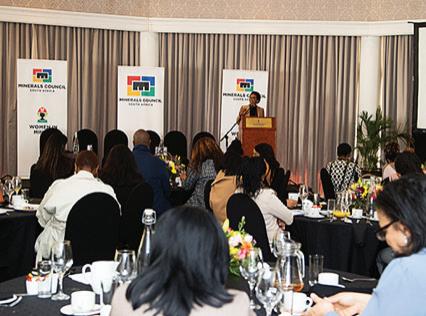
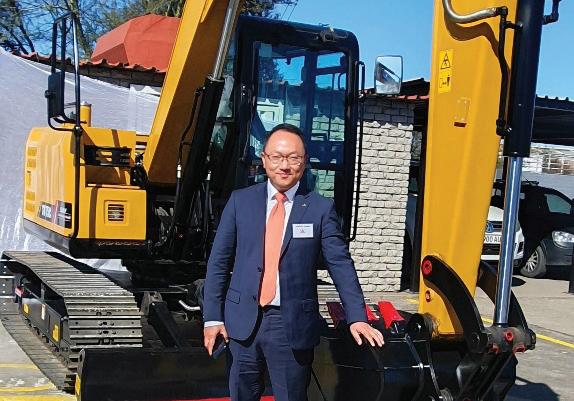
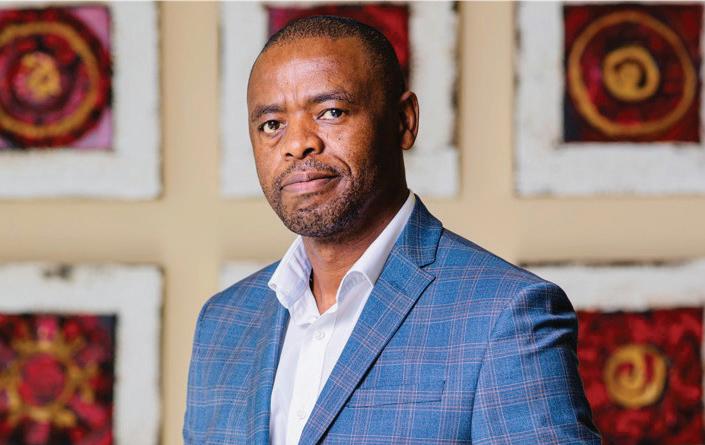
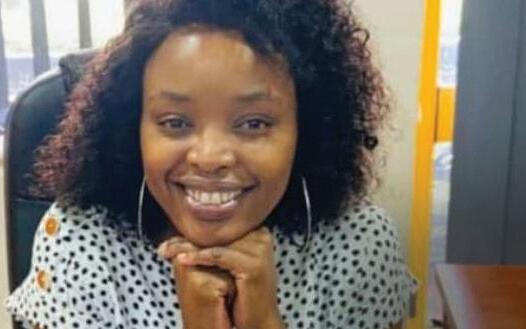

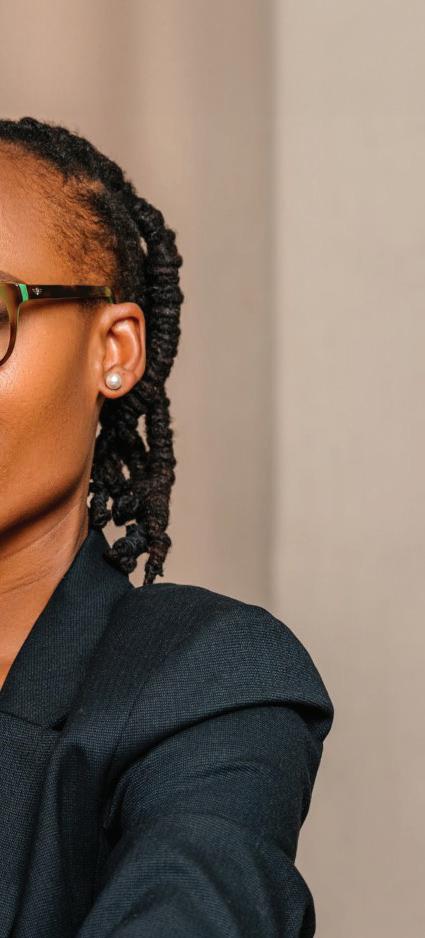

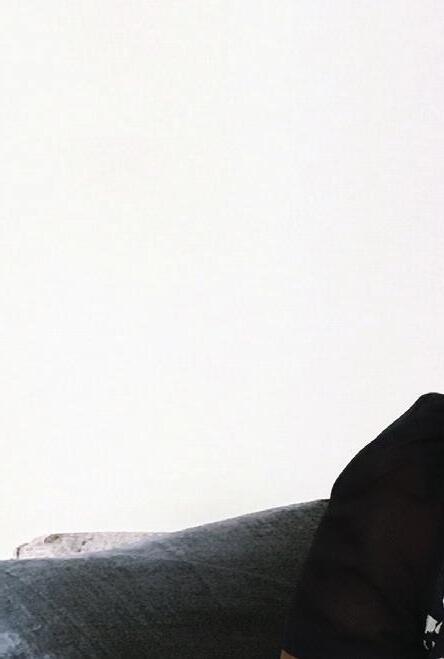






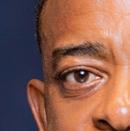
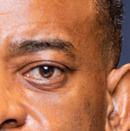

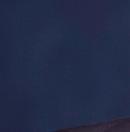

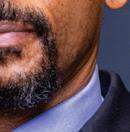





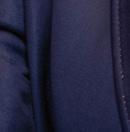
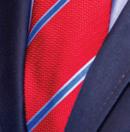








6 Appointments 1 New
3
13
Against
all odds, Keele rose from the ashes of tragedy to become a
successful manager
Aspasa Director Prioritises Industry Representation And Safety
Letisha van
den Berg
Mining Advocate & Entrepreneur
11
Mdu Mathenjwa Women in Mining Day 2023 Highlights
10
Sany Launches Rustenburg Branch, Expands Offering To Port And Renewable Energy Equipment
22
Doctor with a knack for music
Mr Mpho Rabada
Opinion Piece - The struggles of a child of a mineworker in South Africa 23 16
Bonolo Matshidiso
A Story of Resilience and...
Thabile Dube Opinion Piece - Corporate Governance
21
Priscilla Mvana
Mzila Mthenjane is appointed as Ceo of Minerals Council South Africa and Impala Platinum Mine, Rustenburg, proudly announced Nonku Mabuza as the operation’s first-ever woman General Manager.
Appointments:
Mzila Mthenjane is Appointed as Ceo of Minerals Council South Africa
The Minerals Council South Africa has appointed Mzila Mthenjane as its new Chief Executive Officer.
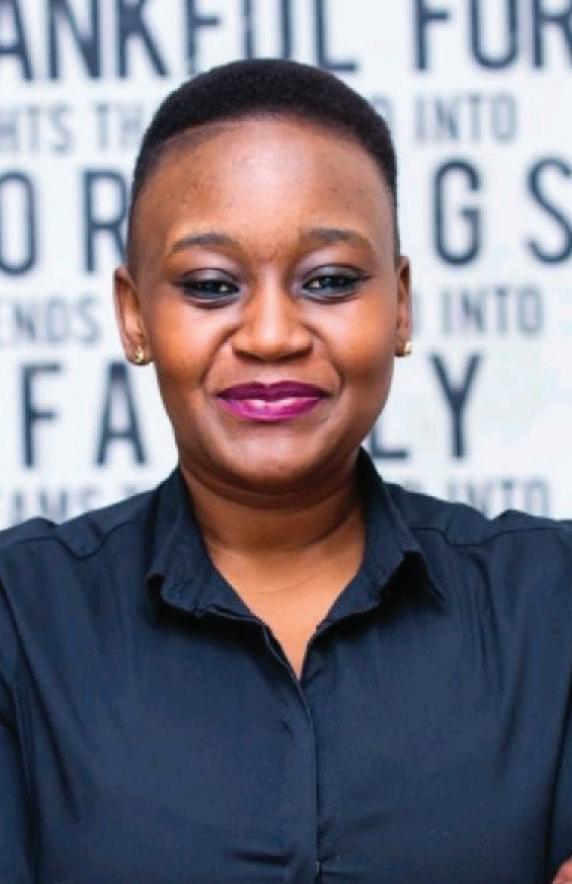
Mr Mthenjane will leave his role as Executive Head for Stakeholder Affairs at Exxaro Resources to join the Minerals Council. He has more than 30 years of experience in the South African mining industry and financial services.
Mr Mthenjane replaces Roger Baxter who left the Minerals Council at the end of June. During his nine years in a leadership role, Mr Baxter oversaw a fundamental repositioning and rebranding of the thenChamber of Mines to become the Minerals Council South Africa. It is a modern, responsive organisation and one of the most respected business advocacy groups.
Impala Platinum Mine, Rustenburg, proudly announced Nonku Mabuza as the operation’s first-ever woman General Manager
Nonku embarked on her journey with the Home of Champions in 2005 as a bursary student, pursuing Mining Engineering at the University of Witwatersrand.
After graduating, she was employed as a Mining Engineer in Training and worked her way up to this remarkable role.
The Minerals Council represents 78 mining companies and associations representing more than 1,000 junior, emerging and exploration companies. The Minerals Council’s members account for 90% of South Africa’s mineral production.



Mr Mthenjane received a bursary to study a BSc (Engineering) in Mining in 1992 from Anglo American. He started his mining career as a junior mining engineer at the Elandsrand Gold Mine.
After joining Rand Merchant Bank in 1998 as a management trainee, Mr Mthenjane joined Gold Fields in 2002 as Senior Manager of Corporate Development. After two years in the role, he joined Deutsche Securities South Africa as Vice President for Global Corporate Finance until 2006.

Up to 2009, Mr Mthenjane was the investment manager at Royal Bafokeng Holdings after which he joined Royal Bafokeng Platinum in 2009 as Executive of Business Sustainability. He was involved in the listing of the mining company on the JSE in 2010.
Mr Mthenjane joined Exxaro Resources in 2013 as Executive Head in Strategy and Stakeholder Engagement. He was responsible for facilitation, development and maintenance of the group’s business strategy processes. Since 2017, in his role as Executive Head: Stakeholder Affairs, he consolidated most stakeholder engagements under one function. Community development and engagement as well as overseeing enterprise and supplier development activity.
Mineworker Magazine - 2023 1
2
2nd Edition: July - September
NEW ASPASA DIRECTOR PRIORITISES INDUSTRY REPRESENTATION AND SAFETY
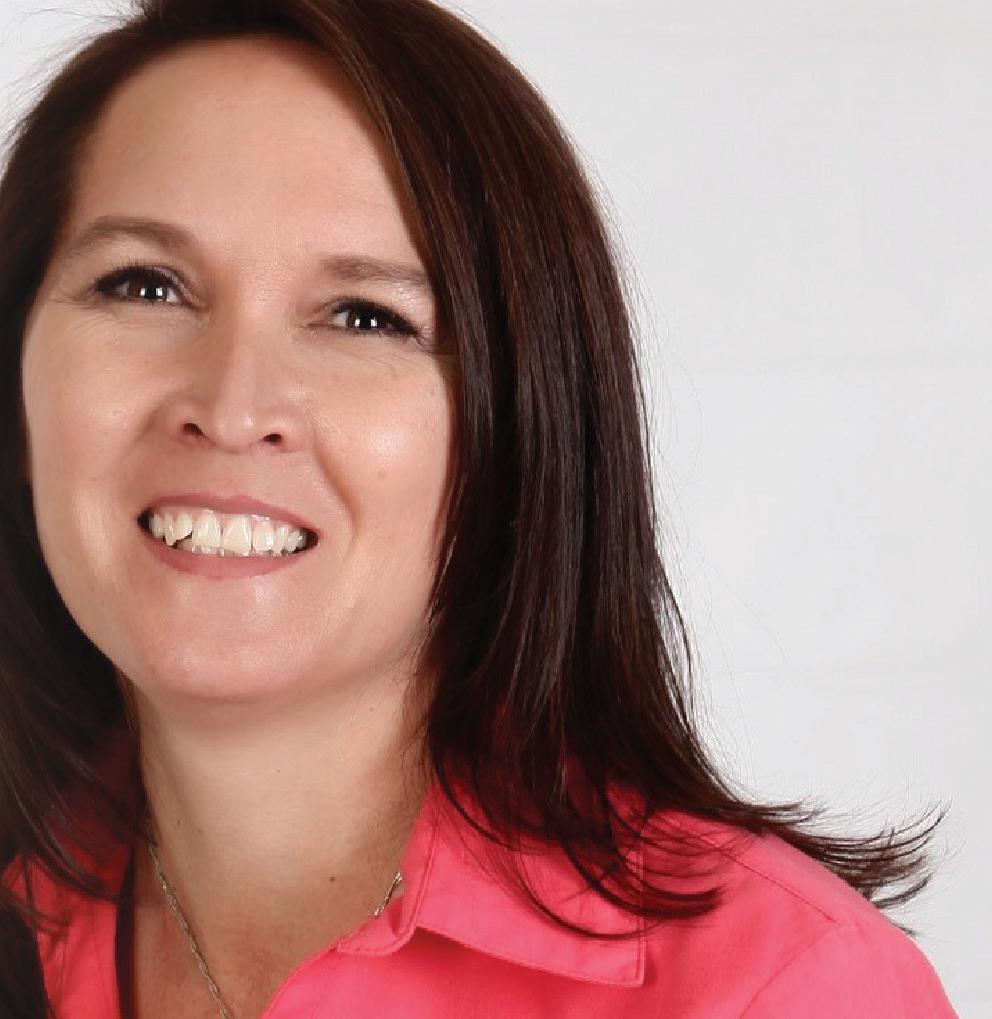 Letisha van den Berg Director at ASPASA
Letisha van den Berg Director at ASPASA
Effective January 2023, Letisha was appointed Director at ASPASA, taking over from Nico Pienaar, who had been in charge for years. With years of experience in the industry, Letisha started from the bottom and has developed a deep passion for the quarrying industry. As the new Director, Letisha says she aims to lead ASPASA towards better industry representation to different local and international organisations.
“I began a career in mining in 1998 at Alpha Aggregate and Alpha Ready-Mix in Newcastle, a small company which fueled my interest in small mines. Our team was small, so we had to switch roles often. In 2000, I attended my first ASPASA engagement, which opened the door for me to attend industry meetings that helped me better understand how the business operates,” she shares.
Letisha pursued a diploma in secretarial
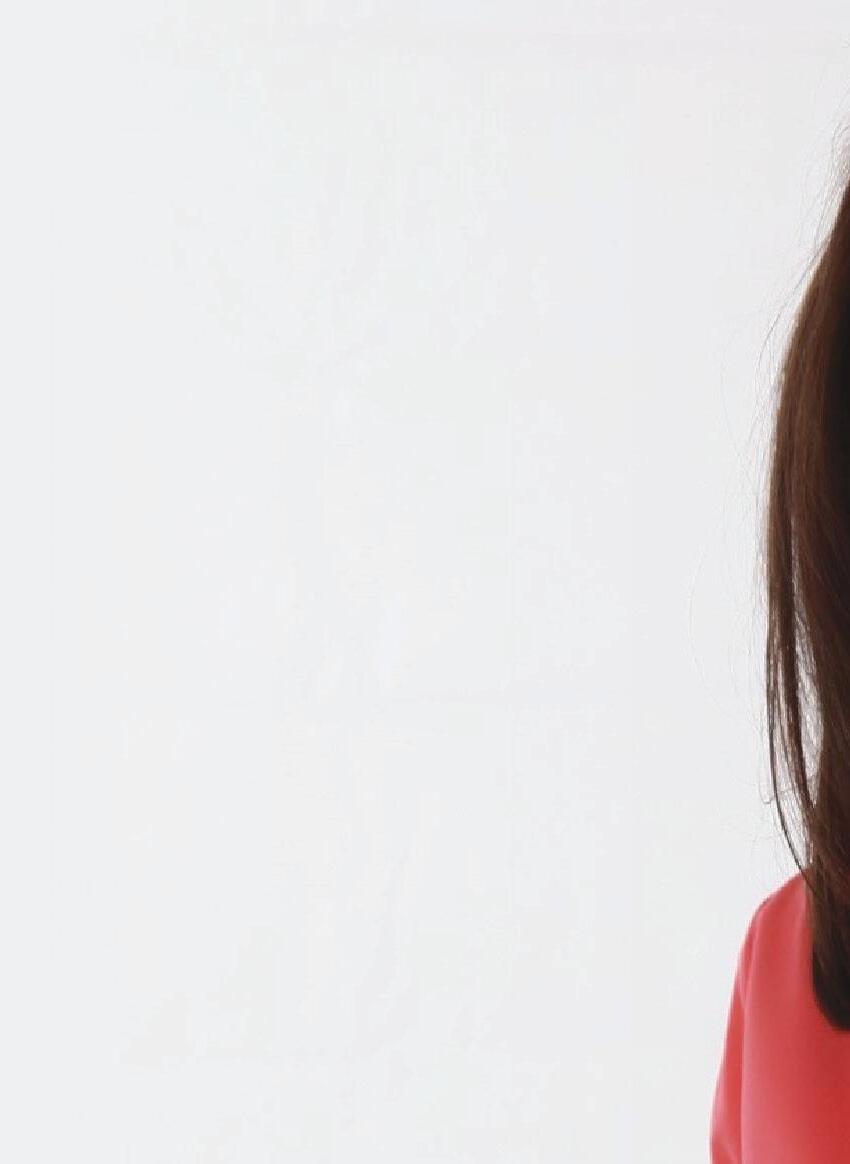
management and has completed various other courses. Reflecting on her journey, she notes the challenges of working in the mining industry, describing it as dirty and physically demanding, but expresses pride in persevering through those difficulties.
“The can-do attitude of the small mines helped me with survival and resilience. It also gave me the entrepreneurial spirit that I needed to succeed. There’s no export dollar bigger than rand to rand, and the small guys are doing it all for their families and the teams they employ,” she explains, adding that being part of a small operation helped her because she was exposed to different sections and learned to swim.
Letisha began her career in administration and was responsible for managing finances, social affairs, and health-related matters. Throughout her journey, she was mentored by different individuals.
She remembers the people who taught her important skills, like William Ngema, who taught her how to batch. She recalls when things were falling apart and she had to call William out of a course for help. She credits Hendrick Terblanche for teaching her blasting and fondly remembers his signature short pants. Letisha also received valuable support from the Afrimat exco.
“I also mentored a number of people, who currently hold high positions. Through mentoring these individuals, I also gained knowledge from them,” she says, adding that her father has also been a significant mentor, teaching her to rise above negativity and focus on the lessons learned.
She discovered that people react differently for different reasons. She recalls a day when a colleague threw a health and safety book at her during a meeting. “ Instead of becoming upset, I decided to read the book. As a result, I realised there was much I didn’t know. I saw the incident as an opportunity to learn, and I was grateful for my colleague’s action,” she says, adding that she looks for the positives in the negative and the light in a dark situation. She reveals that working in mining requires a person to be thickskinned. “Sometimes, during meetings, your ideas may get overlooked; later on, someone else might present the same idea and receive praise for it. While this can be frustrating, I believe focusing on the bigger
picture is more important. Rather than having my name attached to an idea, I find satisfaction in knowing that my contribution may have helped save a life,” says Letisha.
Since 2000, she has been a part of ASPASA, a space where she learned to express her opinions and appreciates the organisation’s role in supporting small mines. Helping others is her passion, and this position allows her to do so. Although transitioning from a larger organisation to a smaller office like ASPASA was interesting, the people management remains the same. In a smaller environment, a special energy comes from supporting one another.
Regarding her legacy in the mining industry, she hopes to find solutions for the challenges faced by the people she serves. Her passion for work drives her to lobby at a higher level and form regional committees.
“Small mines face unique challenges, such as royalty tax and issues that only affect them, not larger ones. These issues require intervention, as there is little appetite for them. Another challenge for small surface mines is the diesel rebate. As a member of ASPASA, it’s important to know that a lot of work is happening behind the scenes,” she explains.
Letisha has been doing a great job pairing smaller mines with

larger ones for training. In her first year at ASPASA, she’s looking to change the industry’s priorities. She wants to focus on the environment, explosives blasting, health, quality technical, and safety.
“Safety is not last on the list, as there’s been a lot of momentum in safety audits. The Institute of Quarrying recognises this, and there’s been progress in reducing injuries and fatalities. Mental health is another area that needs attention. The industry needs to find a resource to tap into for mental wellness. Letisha understands that she may not see the results of this program, but the seed has been planted. Businesspeople need to understand the impact of mental wellness on production,” she explains.
Her message to the industry?


“Compliance should be addressed, even in tough economic times. Training and maintenance are crucial to prevent injuries. Engage with suppliers to ensure they understand the industry. Smaller mines participate in SLP programs to aid communities. ASPASA supports women in mining and promotes opportunities for women entrepreneurs,” she says, adding that collaboration could create a bigger impact, and ASPASA is finding ways for this to happen.

3 4 Mineworker Magazine - 2023 2nd Edition: July - September
YOUR VOICE WHEN IT MATTERS MOST. WE PUT CARE, PRIDE AND INNOVATION INTO EVERYTHING WE DO!
Cover Story
• Aspasa is a non profit organisation

• We are dependent on voluntary membership of small surface mines and suppliers
• The producer members consist of various commodity small surface mines
• Associate members consist of suppliers in the mining industry
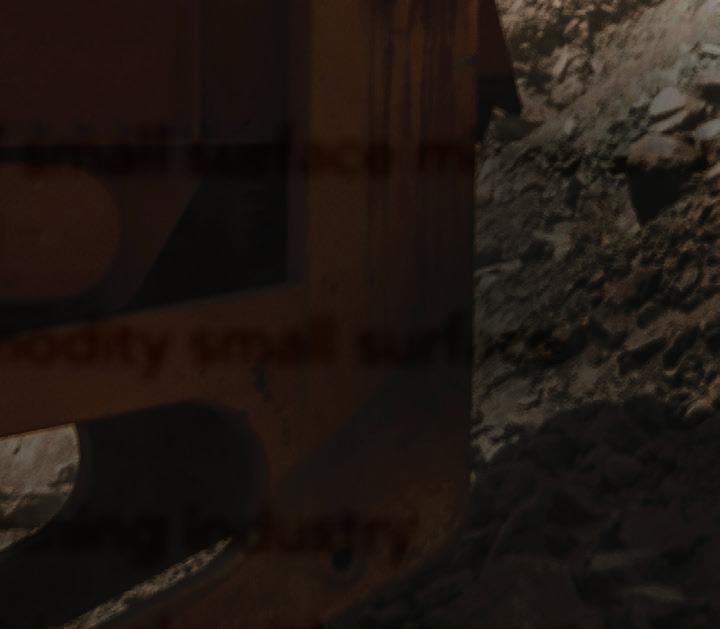


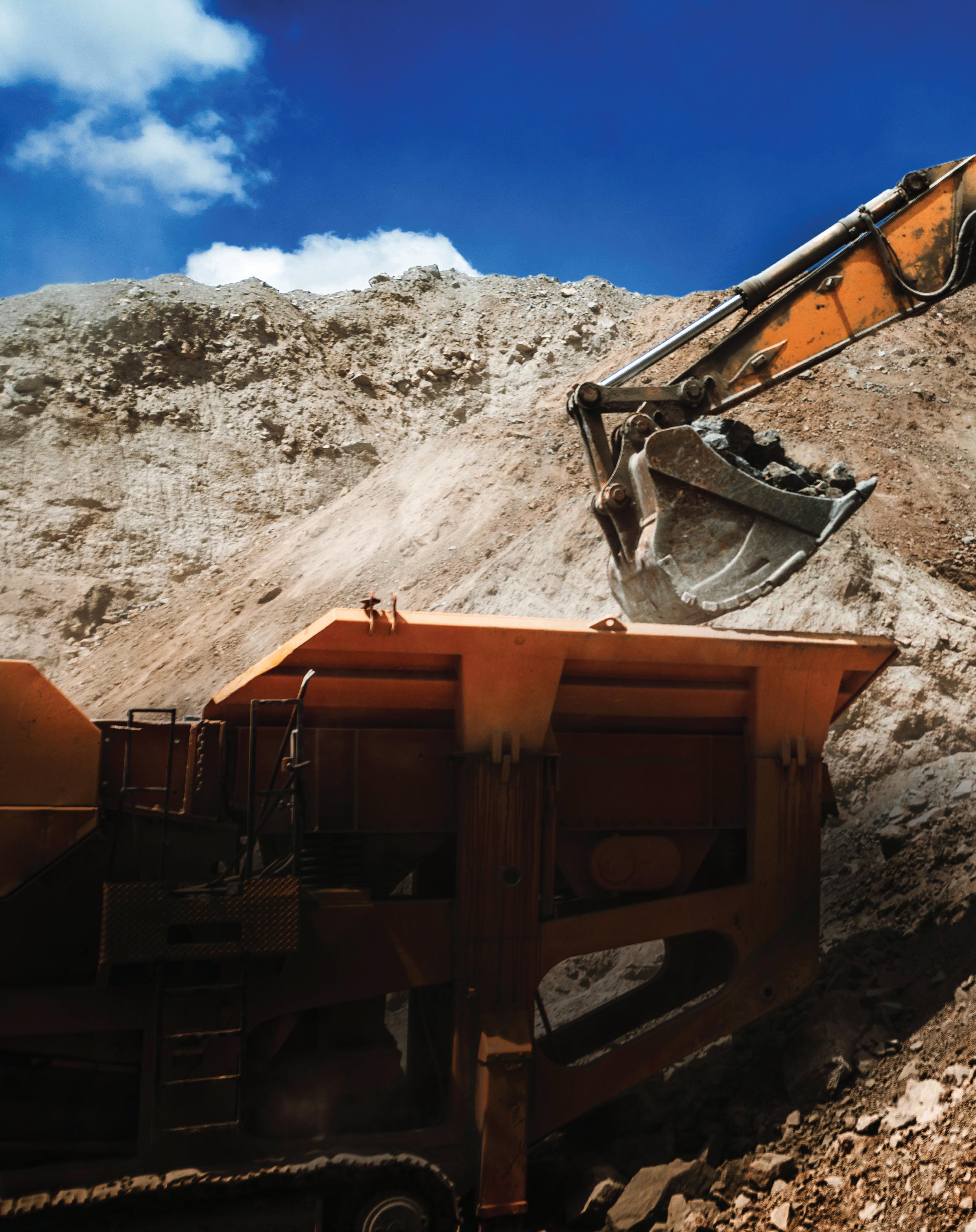
• Individual members are small businesses or individuals with interest in small surface mines Website: www.aspasa.co.za | Email: office@aspasa.co.za


Keele Letsipa’s story is about determination, fearlessness, excellence and making it against all odds. As a child of a domestic worker mother and a mineworker father, hers is beating the odds and saving lives in the mining industry. We spent time getting to know her better, and this is what she has to share with Mineworker Magazine readers.

Who is Keele?
Although I am the youngest of seven siblings, other children were also in the house. My parents hail from the Free State, my mother from Qwaqwa and my father from Lindley. Sadly, my parents passed away, but my mother worked as a domestic
worker while my grandfather was a mineworker.
You have an interesting journey regarding your father and the mining industry, tell us about it.
On June 12, 1997, my father went to work and never returned. His death resulted from trackless mobile machinery, and the last person who last saw him mentioned that he saw him around 22h00 in the evening and was found dead around 01h00 in the morning. I remember vividly when two men came to our house at night and wanted to know whether that was my father’s house, and they continued to describe him.
We were not sure whether to open the door as it was very late, but eventually, my mother opened the door, and they broke the news that my father had passed on. I screamed in shock and remembered I was the last person to speak to him over the telephone. I was actually snitching on my siblings; remember, I am the last born here. We then said our goodbyes to my father, and when they said he had passed away, it was difficult for me to accept and reconcile this information, which changed many things in my life.
Even though my parents have passed, I believe I am living my parent’s dreams. I miss them and the fact that they are missing out
Against all odds, Keele rose from the ashes of tragedy to become a successful manager
Keele Letsipa (42), Group Health and Safety Manager at Exxaro
2nd Edition: July - September 6
on many key milestones like me passing matric, getting married, having kids, getting my first car and many of my achievements in my life journey. I am now a mother of two boys, a 17 and a 13-year-old, whom I love very much.
Why health and safety as a career within mining?
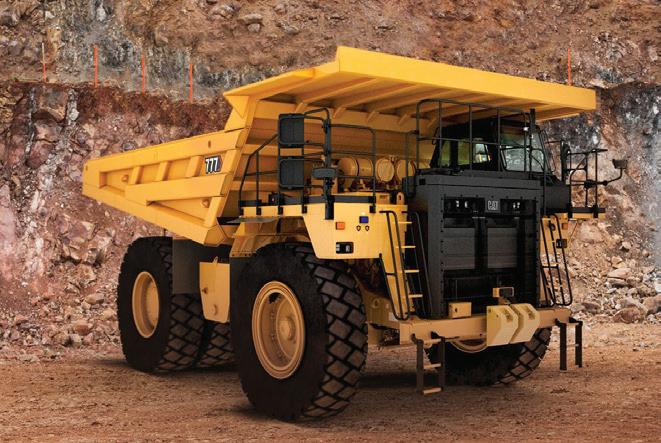
I believe there is more to be done in the health and safety space within mining, and many people are dragging pain with them. I only started talking about my father not too long ago, and I had to confront his passing away, and even my MBA Research was on safety because this is personal to me. When you look at the rule book, it is written with people’s blood, and we need to be more empathetic.
When I finished matric, I went to Vaal Triangle Technikon and wanted to pursue a course towards a safety qualification. As a lastborn, unfortunately, my career was planned for me, and I was told what to study. On a lighter note, as a last born at home, I am treated like a baby and take full advantage of that. My family encouraged me to pursue a career in engineering or chemistry, and I chose chemistry. I then started off at Samancor as an Operator in the field and sampled manganese.
When I started working, I remember when I bought my mom floor tiles for the house, and I spent all my money, and my friend had to help me financially for the month as I
went over budget and used all the money. I then went on to work for Dow Chemicals and worked in different units, and one of the units was in safety, and I never looked back. In my career journey, I also worked for LaFarge, which was the start of my mining and healing journey.
I used to believe that people in mining did not care, and I wouldn’t say I liked the industry. I remember when I visited a quarry in Lichtenburg attending an induction, and I took pictures next to a 777 truck; upon getting close to the truck, I realised that my father would not have survived the accident, given how huge the truck is.
carried me. I also enjoyed the support of Magali Anderson, now the Chief Sustainability and Innovation Officer of Holcim Group, the Switzerlandbased global building materials company. Magali told us that the same thing a man can do, a woman can do too.
A woman who knows herself
There have been times when I have been tested because I am a woman, but I work hard and research quite a lot, and I know that I deserve to be where I am, and I know what I am doing. There have been instances where someone will put me to the test, and I am always up for it. Sometimes there is resistance, but my competence speaks for itself. If I had a daughter, I would encourage her to get into mining as she also belongs here.
Balancing the seesaw
industry is dangerous. I work through churches and help with the tertiary registration process. I aim to expose students to internships and various opportunities within mining. We are also friends and challenge each other on how many people we have supported in a year. I believe that if you go home and stand out, then you have not done enough. During my mother’s funeral, we were so amazed to learn about the positive impact she had made in the community, and we heard those stories from the speakers at her funeral. That made me think hard about what people would say at my funeral, and I believe in bringing others up.
their work over supporting the families left behind. When my father passed away, I was frustrated with waiting in line for school funding. It would be beneficial for the industry to establish a fund that covers immediate needs like groceries and provides long-term assistance such as supporting children’s education.
What is your educational background?
The mentors along the way I have had mentors in my career, and in safety, I want to mention Letisha van den Berg, the current Director at ASPASA. Letisha fixed my crown and taught me everything that I know about safety. We met at the ASPASA Health and Safety Committee meeting, and while she was still at La Farge, she welcomed me with the Afrimat goodies, which was the beginning of the mentorship. In fact, she was teaching me. She really looked after me, and that woman
Mining from the coal face, specifically exploration, is an untapped space, including rock engineering. We still need more women in those spaces. Mining offers bursaries more to mine engineers and less to rock engineering, and people go whether there is information and bursary offers. When people get inside mining, only then do they get to know about other mining careers like rock engineering.
Ploughing back into her community
I am involved in community projects where I try to change the perception that the mining
What

don’t people

know about you?
I identify as an introvert, but many people are surprised to hear this about me. Despite my inclination towards solitude, my job in health and safety requires me to interact with others. This has forced me out of my comfort zone, but I have found balance with the help of my children, one of whom is also an introvert. While I enjoy reading and researching, my work responsibilities do not always allow for those activities.
What’s next for you?
As I continue my studies, I am focused on contributing to the mining industry through research. One of the topics I am exploring is the aftermath of a mineworker’s death and how their family is impacted. Many companies seem to prioritise
I hold a National Diploma in Chemistry, a BTech Degree in Chemistry, a Management Advancement Programme (MAP), a Master’s in Business Administration (MBA), and an Honours in Environmental Studies. I am currently continuing my studies.
What has life taught you?
My view is one of many right views; we need to listen with the intent of learning and be open to learning. We need not respect people on material acquisition but give each other respect. I live on these values – being empathetic, respecting people, loyalty and trust.
I believe in leading by example, and I wouldn’t say I like standing out; hence you will never find me going to an operation without personal protective equipment. I believe in doing the right thing, and it is not about my title.
Keele, the mother, who is she?
I adore my children, each
with their unique qualities. My eldest son has taught me the value of patience, and he is a loving child. He took his time achieving developmental milestones, which helped me cultivate patience. My second child challenges me to learn and understand new things, as he is an avid reader. Together, my children and I are growing and learning from each other. As a mother, I have certain non-negotiable values and expectations I hope my children remember and uphold when I am not around.
Being Exxarorisedtell us about your journey with Exxaro
I work for a genuine organisation and have witnessed firsthand the welcoming environment provided by my colleagues. Upon joining, I received an “Exxarorisation” that instilled a sense of belonging. Our work is driven by a shared purpose and the spirit of Ubuntu, and we strive to achieve it through hard work. I highly recommend Exxaro as a company to consider for employment. On one occasion, I woke up on a Saturday ready to work, highlighting the challenges I enjoy taking on. Even when facing difficult situations, I remain focused on promoting health and safety.
What are your thoughts on Zero Harm?
In my opinion, Zero Harm should be a priority, and we should learn from repeated incidents by sharing knowledge. While TMM
Mineworker Magazine - 2023 2nd Edition: July - September 7 8
and FOGs present challenges, we should focus on what we can learn from each other and ask ourselves important questions.
What is your motto in life?
When facing setbacks, it’s important to keep moving forward and not let negative people bring you down. As the youngest in my family, I feel pressure to succeed, but my family’s belief in me strengthens me. I’m grateful for my siblings’ support, which helps me keep going. Let’s continue with our tasks for the day.
What is your message to the children who have lost their parents to the mining industry?
I have met many children whose parents died in the mines, and my message has always been consistent. “We cannot change what has happened, and we cannot sit back and let life pass us by”. We can contribute to the mining industry, which is what I strive for. Do it for yourself.
I chose health and safety because I remember knocking and queueing for school funding assistance pushed me. I do not want other people to experience that. I also do not want my father to be remembered as the guy who died in the mines hence, I am working hard to ensure that this does not happen again. Her message to her health and safety colleagues on ensuring health and safety in the workplace
Anyone who pushes production over health and safety measures should not be in a position to mine. We cannot be lenient about health and safety, and if a person dies, there is no coming back. We cannot recover a life. I interviewed the gentleman who was a Mine Manager the day my father passed away for my research; he had longed to apologise to us as a family.
If someone dies, we may rush to get the lawyers so that you do not go to jail, but your conscience will not let you go even if you survive the legalities. The gentleman mentioned how things could have been done differently, and mine was to understand whether he had learned anything from that experience and from there, there was no reason not to forgive him.
People in the coal safe deserve to be heard, and there are many stories that can come out of them. In the spirit of women’s month, we salute this daughter of the soil in the best way she understands.
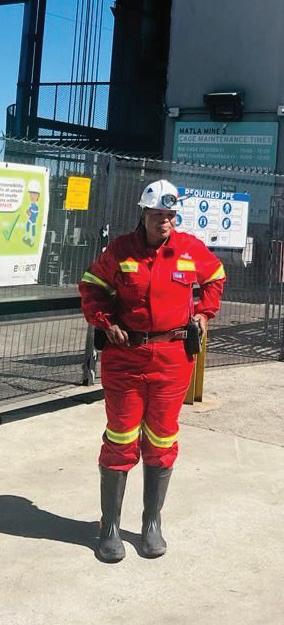
Asked who she is, she said:

Ke Mosia, Motubatsi, Motho wa ha mantsha thebe di ome, Di se nna di omella mokgwabo ntlung, Di omele ka ntle mabaleng.
Ke Mosia Motubatsi,
Wa MmaTshele a Lebajwa la Nkwanyane, Ha ke le wa Tshele, nka tshella mang?
Wa mmamokgomo phatshwa, sewehla, Wa ntshang thebe di ome, Di se nna di oma mokgwabo tlung.
Ke Mosia Motubatsi, Motho wa ha mantsha thebe di ome, Di se nna di omela mokgabo tlung, Di omele ka ntle mabaleng. Moya o hlaha kae?
O hlaha konkong, Pakeng tsa mafika le majwe.
Ke motho wa bo Tshele le Letuka, Ka Tshele o tshelle mang?
O tshelle Lebajwa le Nkwanyane.
Sany Launches Rustenburg Branch, Expands Offering To Port And Renewable Energy Equipment
periods above six months. SANY is expanding its offering to port, precast concrete and renewable energy equipment.
True to this statement, SANY launched its Rustenburg branch on the 30th of June, 2023 at their branch. Jay Moodley, General Manager, welcomed the delegates. In attendance were representatives from the Mayor’s office, Luan Snyder, the Provincial Chairperson of the Black Business Council in Built Equipment (BBCBE), James Gadinabokao, and media members.
service their customers in areas with no direct offices. The SANY offering, in its massiveness and product showcase, includes the SY55, SY75, SY245, SY365, SY500, SY750, SKT105s, SYL956, SMG200 and SSR120 and guests were treated to a display of the machines.
Since 1989, SANY’s vision to build a first-class enterprise, foster first-class employees, and make first-class contributions to society has remained strong.
In China, the company holds a 31% share of the market. SANY Southern Africa is a branch company of SANY, a global leader in supplying the toughest, most durable and most reliable heavy equipment – driven by the belief that Quality Changes the World. SANY Southern Africa has a fleet of units for hire, whereby equipment is hired out to customers on a short-term or long-term rental basis, with
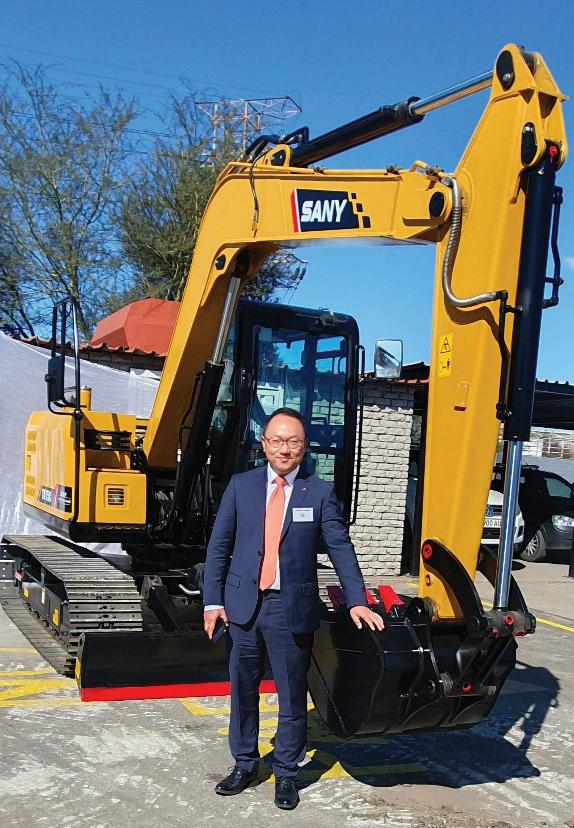
Thabile Dube, the Marketing and Sales Executive, took the delegates through the objectives of opening the Rustenburg launch. In 2020/21, the company held a 16% global share of the market in excavators, which is a huge milestone. The company used a dealership model, and in 2020, the company decided to go directly to the market. SANY has offices in Boksburg; they opened a branch in Middleburg and now the Rustenburg branch.
Later in the year, SANY will be launching in Richards Bay and Durban. They still use agents to
Lister Makatoane from Mahlopi Metals Group, a customer of SANY, took the attendees through his journey with the company and mentioned how he has not regretted being with SANY. They initially wanted to try them, and now the relationship has matured beyond giving them a try.
SANY offers capital solutions for its customers and has a newly launched in-house financing arm, SANY Capital, which adds further value to customers’ businesses by providing them with efficient and competitive in-house financing solutions.
SANY is making great inroads towards ensuring that the mining and construction industries are well-catered while making meaningful contributions to the country’s economy.

Mineworker Magazine - 2023 Mineworker Magazine - 2023 9 10
Women in Mining Day 2023 highlights support for women-owned businesses
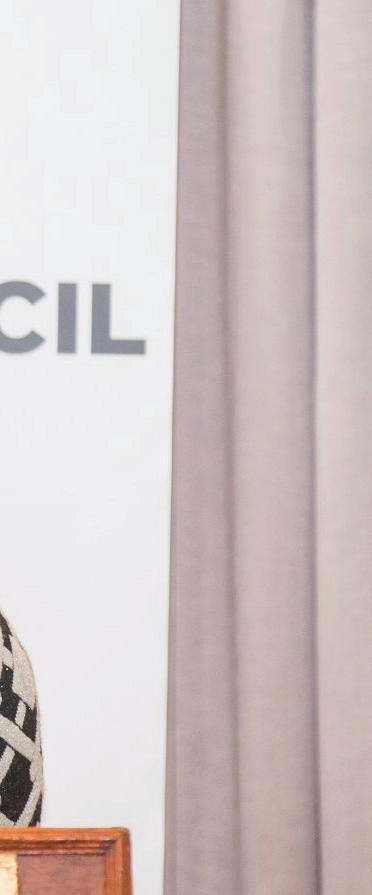

The Minerals Council of South Africa recently celebrated a successful International Day of Women in Mining 2023 under the hashtag #MakingMiningMatter. The event welcomed mining companies, businesspeople, and various mining stakeholders, with the theme “Equity in mining is everyone’s responsibility.”
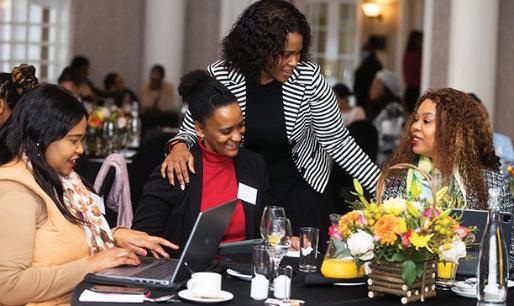
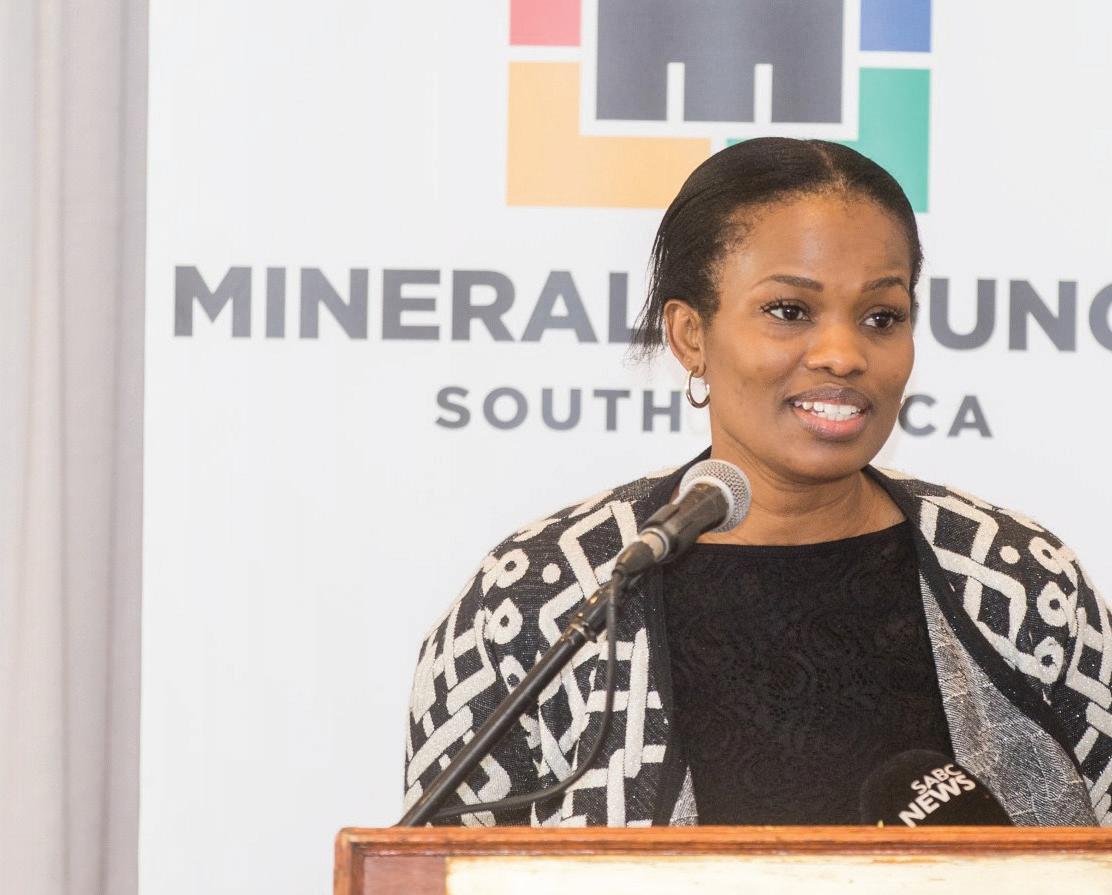

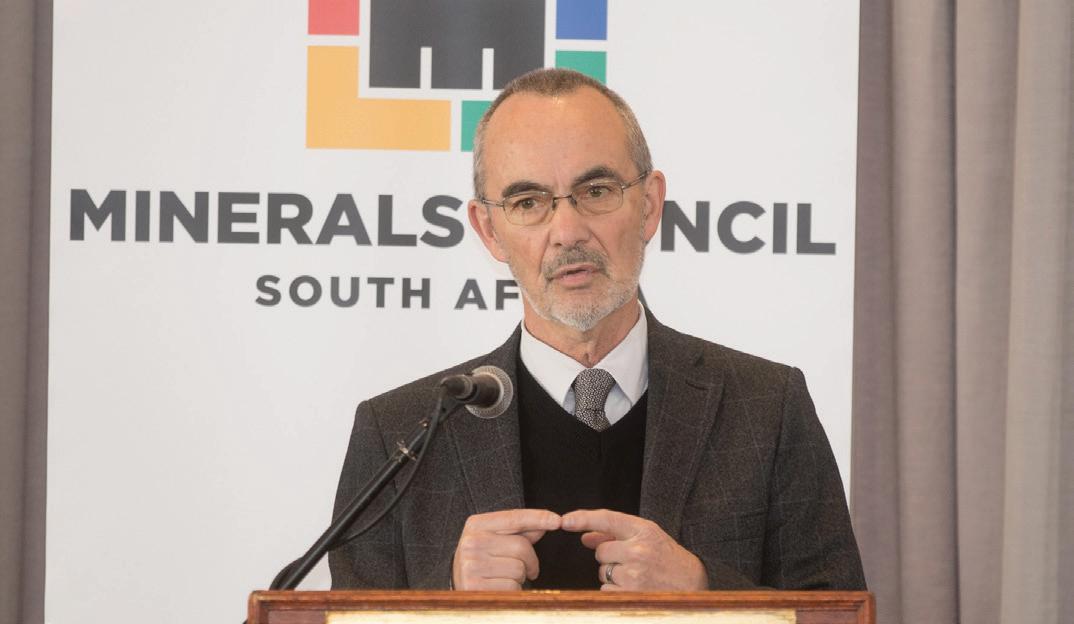
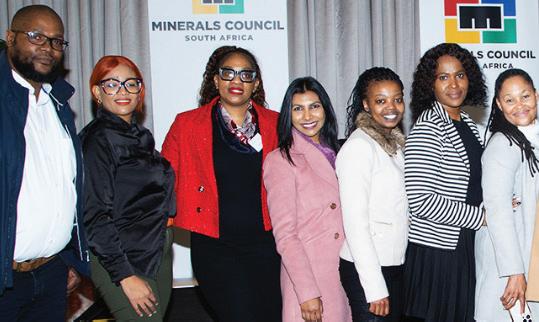
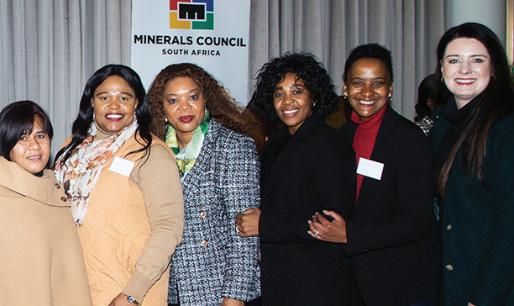
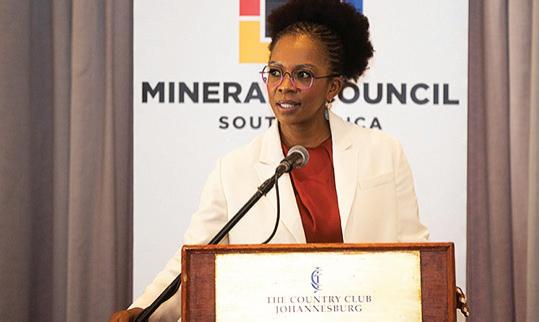
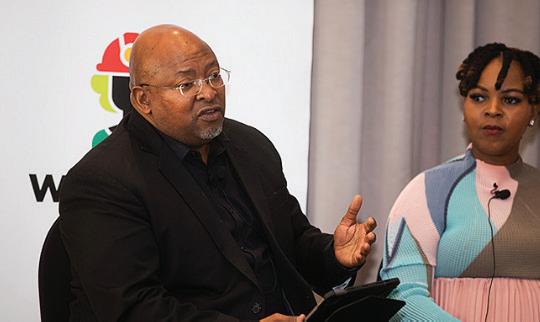

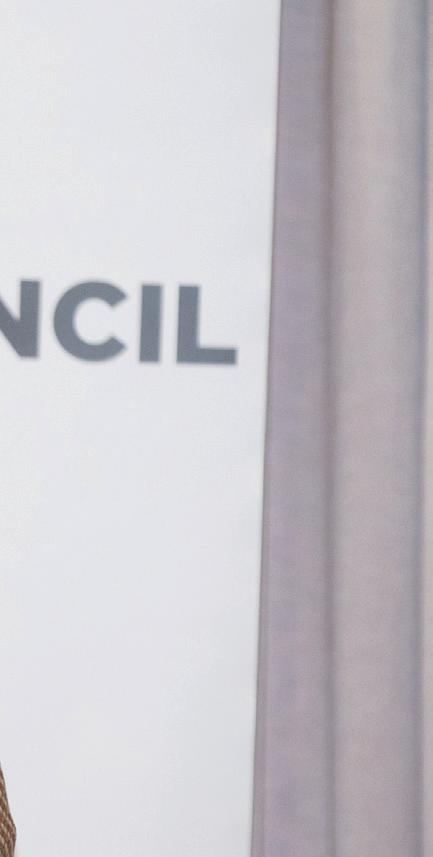
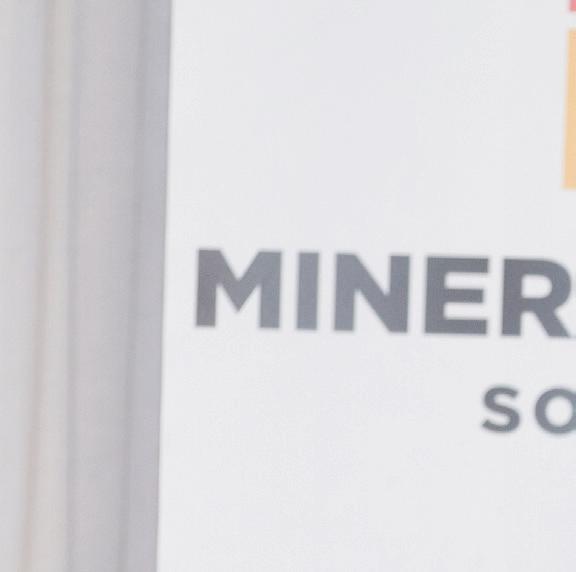
During her address, Ms Nolitha Fakude, who is the President of the Minerals Council and Chair of the Women in Mining Leadership Forum, acknowledged the efforts made by member companies to empower women in the mining industry. She stressed the importance of intentional procurement and enterprise development programs to promote income generation, skills transfer, and supporting women-owned businesses.
Ms Fakude also underlined the need to prioritise women, young people, and local companies when procuring goods and services.
“The tough economic times have made it challenging for one in three adults to find a job, making it crucial to provide opportunities for women. Gender-based violence has negatively impacted women, with 10,000 rape cases recorded in the first quarter of 2023. Mines have adopted a zerotolerance policy for genderbased violence and femicide,” shared Ms Fakude.
She also highlighted the low retention of women in the mining industry and the need for more women leaders. She submitted that to champion gender equity, the work needs to extend beyond the mines into communities and social labour plans highlighting that this requires consolidated efforts between mines, communities, and social organisations.

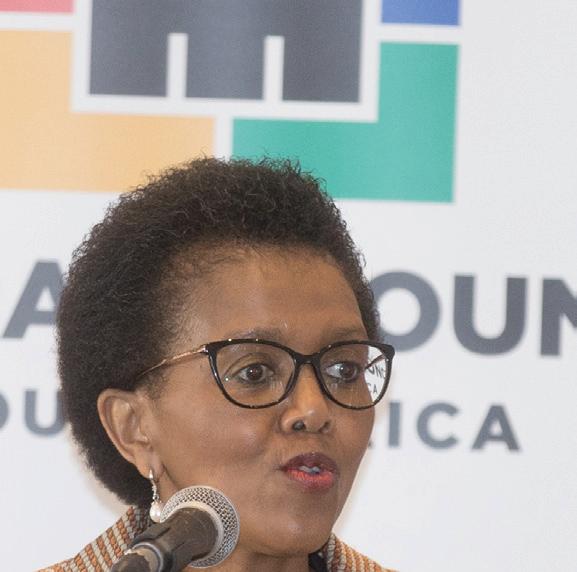
Ms Zama Khanyile, the keynote speaker, spoke about the economic emancipation of women and how Black women ownership, management and
senior structure formation are some of the areas they look into in her organisation.
During panel discussions, the panel drew attention to the fact that many women enter the industry but do not stay due to leakage. The panelists also discussed achievements, challenges, and opportunities, with a particular emphasis on ensuring access to opportunities for women.
The event also showcased how the mining industry and stakeholders support womenowned businesses and ensure that the money follows participating organisations’ ambitions.
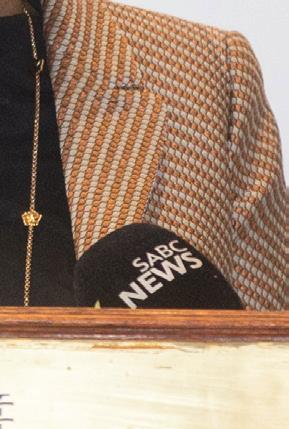
At Mineworker Magazine, we strongly believe that all women working in the mining industry should have equal access to opportunities. Our main goal is to provide both men and women working underground with the information they need to take advantage of these opportunities.

Mineworker Magazine - 2023 2nd Edition: July - September 11 12
MINING ADVOCATE AND ENTREPRENEUR MDU MATHENJWA CONTINUES TO MAKE A POSITIVE IMPACT ON THE INDUSTRY AND BEYOND
My healing journey
After my accident, I was hospitalised for seven months in a hospital 800 km from home. Part of my healing journey while in the hospital was that I had my spot where I would read books and my Bible, and during this time, I got to discover how strong I am. I have written books about self-discovery.
stand there, and the water will automatically come out, and such small safety features are sometimes overlooked. There is a focus on machinery and everything else, but a faulty safety shower can mean a lot when needed. When working at the mines, remember that it can be anyone. At 22, I never thought it could be me, and here I am.
BOOK ONE: A SOLDIER IS A STATE OF MIND - Discover Your Strong Self
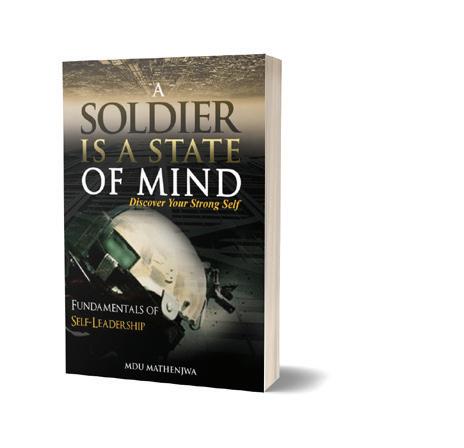
“Life is a battlefield. Either we fight our way out of the jungle, or we die there.”
Mdu Mathenjwa is no stranger to the mining world; having visited many mines and graced many mine stages, he is on a campaign to ensure that what happened to him does not happen to anyone else.
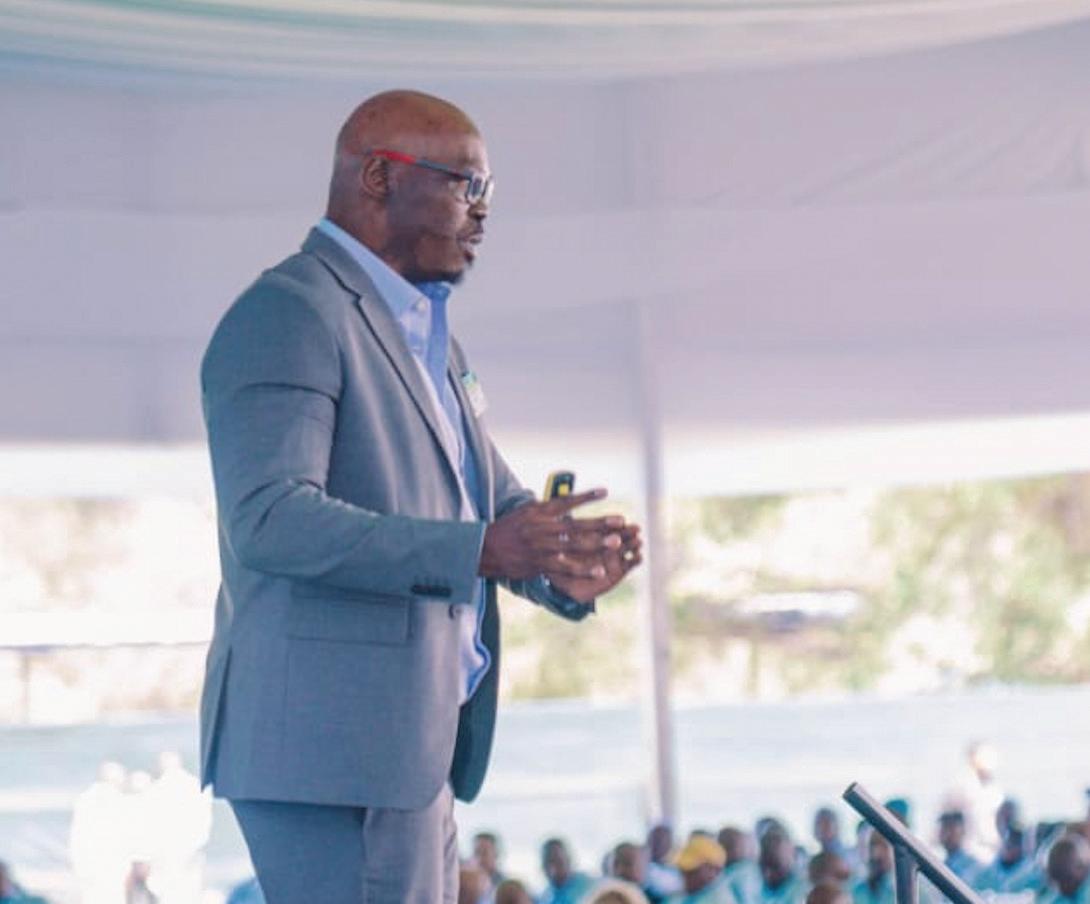
Mdu is an Entrepreneur (Founder of GRASHYO Creations), SelfDiscovery Author and Agent, and Public Speaker (Health & Safety Motivational Speaker)
It can happen to you too
With a promising career ahead of him on the 6th of June 2008, Mdu’s life took a sudden turn, and it was to change forever. After 20h30 at night, he and a colleague walked past a tank with sulphuric acid and nitric acid, and they had to move the tank. Wearing full Personal Protective Equipment (PPE) and following all the health and safety protocols, Mdu was injured and realised that one could never be safe enough. He imagines what life could have been if he didn’t wear PPE.
Let’s take it from the beginning
As they were transferring the acid, a huge explosion directly hit his head; also, given his height, he was affected from head to toe. Some of the acid was on the floor, and as he fell, it started to eat off his skin.

A brother’s keeper
The colleague he was with played a crucial role in saving his life. He called for help, and as they waited for help, he made a plan. He was under pressure and panicking but still applied Section 22. He used his voice to direct Mdu to the safety shower. He also wanted to be safe. He played a key role in ensuring that Mdu lived to tell his story.
Application of Section 23 in the Workplace

Application of Section 23 comes with its challenges, as people can be victimised and find themselves out of the gate, affecting their lives and that of their families. This year marks
16 years since the accident, but I still suffer the consequences of what happened. I lost my job, self-esteem, and friends and family had to readjust to the new me. I lost my shelter. At some point, I lived in the streets of Durban and survived on recycling papers and bottles. The effects of my accident are still there as I am still seeing a psychologist. Sometimes I can still smell the acid to this day.
Where your safety is concerned, you are either out of a job or die. The company where the accident happened is still there, and life is going on for them. I was replaced and you will be replaced too.
Safety is about you!
We are missing the personal touch in the Zero Harm narrative. You need to be safe from when you enter the workplace to when you walk out. I have met people injured in the workplace, and their life is never the same. Some are violent, have given up, and are not doing well.
Reflecting on the day, I would not wish that experience on anyone. There was a time when I was discharged from the hospital and still had to keep the mask on. Getting into shopping malls was a challenge.
Security wanted to know why I wore a mask, and some insisted on seeing whether my story was true. I would remove the mask, which drew stares. When they saw my scars, they believed me. During that time, people would run away, close their kids’ eyes, laugh, and scream. I remember a comment from a lady who said, ‘’What is this thing doing here? Get him out of the mall”. I was a real outcast. I do not want anyone to go through what I went through. That is why I am trying to get mineworkers safe. Not to do it because of the company they are working for or the fear of losing their job but for themselves.
Don’t take shortcuts
There is no job too small for you to cut corners. Cutting corners will cut your life short. With the safety shower, all you do is
Are the mines doing enough?
No, I wish we could dismantle a lot between leaders and subordinates. We need social cohesion and the heart element. We are missing interpreting safety as being personal and the emotional connection in the mines. “Muntu ka lo mine, muntu ka lo tsheliwa” – that statement’s time has expired.
Getting back on my feet
Through the difficulties, I started my own business, Graysho, with a staff complement of 15. We are an occupational health and safety company specialising in operational behaviour in the workplace, dealing with the hearts of employees and not their minds alone.

The books I have written
My books are for progressive thinkers and about selfleadership. Life is a jungle; you either fight out of the jungle or die there. One needs to keep being progressive. The book is about discovering your strong self and your weak points.
To the progressive thinker: Having a survival mentality is the only way to live the life fully you were designed to live in this lifetime. Life of progress against all odds. The more you know yourself, the better you will survive.
A survival mindset keeps you away from your comfort zone, and your comfort zone restricts your potential to lead yourself further than where you currently are. You need specific selfleadership traits to survive.
I penned this humbling piece of work to be an ingredient to your quest to discover your strong self in three ways:
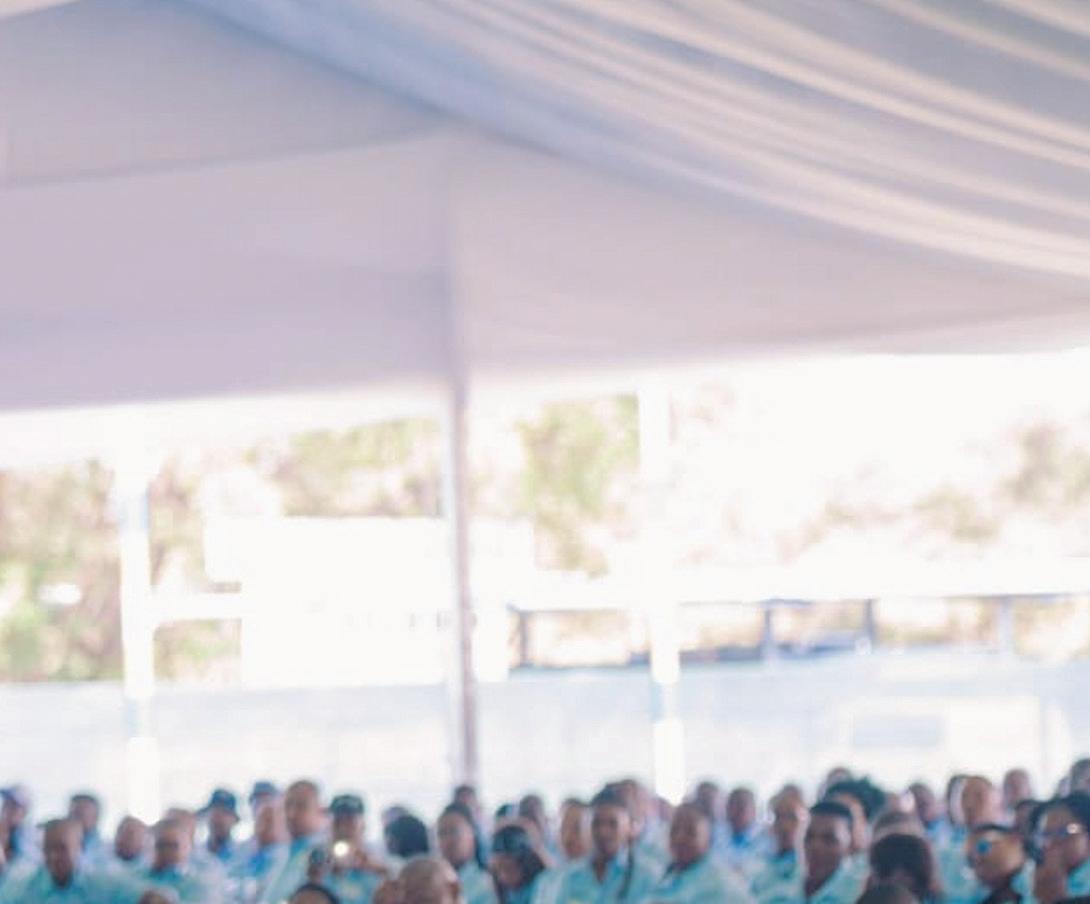
• Learning from my experiences and stories;
• Tried-and-tested academic research on the four fundamentals of Emotional Intelligence; and
• How you fuse the above two and tailor-make it for your life
Remember: in everything you do, do it to be at the top of the food chain. Do it to Rule It… AND NEVER SURRENDER!
BOOK TWO: MYSTERIOUS PREGNANCY –Discover Yourself

Mineworker Magazine - 2023 2nd Edition: July - September 13 14
“Unless You Are Pregnant, You Will Never Give Birth. Unless You Know How To Push, You Will Die Pregnant.”
IT ALL began when you were born… Your initial stages of pregnancy were to talk, crawl, and your pregnancy journey continued to date. You still have a dream. The only way you can materialise thatdream [pregnancy] is to fight until you accomplish it [push].
Question:
What if, as it happened to me, life brutally distorts and successfully destroys your dream?
After acid robbed me of the “self” I was used to, I had to reach deep inside myself to find a new way of living.
BOOK THREE: SELFDISCOVERY CHRONICLES –Audiobook


“I kept hearing my colleague screaming, telling me to go to the safety shower so that I could get water to flush the acid out. I also heard him shouting for help with great astonishment, telling me that things would be fine. I felt the hissing sound of the acid as it hastily ate at my skin; I felt the skin being removed from my eyes as I screamed to God. I swallowed some acid and felt it penetrating my soul. I started thinking of death, but realising that it might not happen, I thought to myself, ‘How the hell am I going to live as a burnt young man at the age of 22?’
How are you? As in, how are you doing? How is it with your soul?
I am a happy soldier, but I am still seeking the other side of me, and I have not done enough. There is more still to be achieved.
and my response was, if I go back, I’d be happy, but this is my purpose. Right now, I’d be stuck in a mine in some managerial role, but what I do is priceless. Yes, I was angry at God before, but now I am not.
Section 22:
Section 22 every employee at our mine must:

1) Protect their health & safety.
2) Protect the health and safety of other persons.
3) Use and care for all equipment supplied for health and safety.
4) Report promptly any hazard which you cannot fix immediately.
5) Co-operate with any person in compliance with this act.
6) Comply with all health and safety measures.
Section 23:
Meet Thabile Dube : A Story of Resilience and Determination Amid Adversity

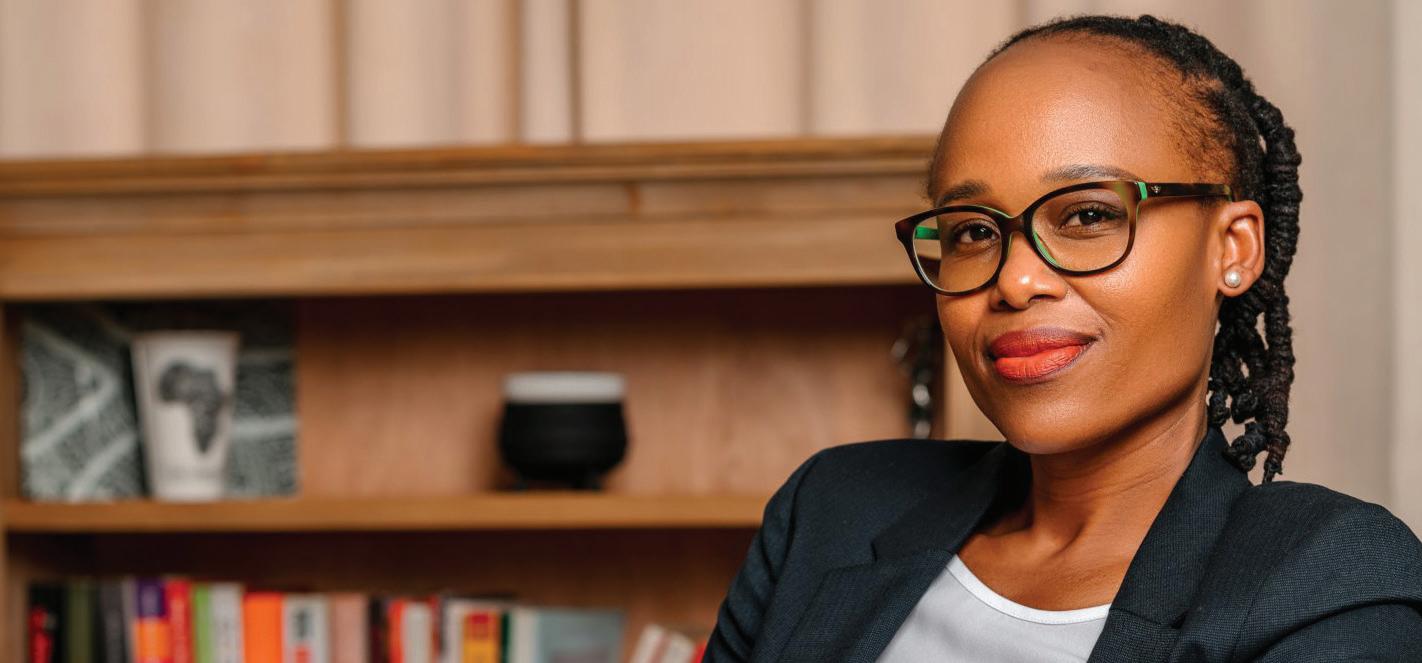
This is my heart’s gift to you as a progressive thinker. Points in the book touch on
• Design Yourself
• Stay Pregnant | Keep Pushing
• Keep Trying
• Take Over
• Give Victory A Chance
BOOK FOUR: ASHES TO FLESH - Surviving Death Tragedy

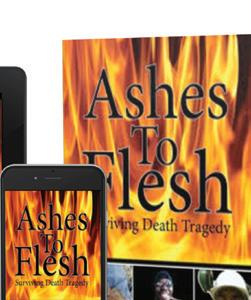
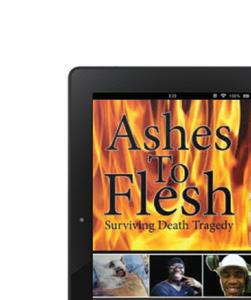
What’s next for you?
There will be a role play about my accident, working on a documentary about my life, and we will be going on Netflix.
Would you say this is this part of your purpose?
I survived the accident for a reason. I was once asked if I wanted to return to the old Mdu,
Section 23 of the Act determines that an employee has the right to leave any working place whenever circumstances arise at that working place which, with reasonable justification, appear to that employee to pose a danger to the health or safety of that employee or the health and safety representative responsible for that working place directs that employee to leave that working place.

As clichéd as it may sound, indlela umntu aqale ngayo ebomini ayibonisi isiphelo somntu nendlela azakuphela eyiyo.
Ubomi buka Thabile Dube buyenye yeendlela ebonakalisa ukuba xa uzimisele ebomini izinto zakho zingalunga naxa uyazi into oyifunayo. Enye yezinto ezimangalisayo ngobomi bakhe kukuba wazalelwa endlini, umama wakhe akamzalelanga esibhedlele into echazayo nje ukuba ngumntu obenendlela yakhe nje ekhethekileyo ebomini. Sithethe naye ukuva banzi ngendlela ayihambileyo.
Thabile was born Emachobeni eNanda in KwaZulu Natal and raised by her mother. Although married at the time her mother her, Thabile never got to know her father as they divorced when she was still an infant.
She is the middle of five children and the only graduate at home. Being the only graduate among her four siblings, she feels great responsibility towards her family. She understands that with privilege comes expectation, and she strives to be a pillar of support for her loved ones. Thabile appreciates that she is not forced to do things at home, and when she does, she is appreciated and does not see this as Black Tax.
Resilience amid adversity
Thabile’s mother lost her job as a cleaner of Southern Sun when she was young and had to work as a domestic worker, which made things difficult at home. At one point, her mother couldn’t afford to send her to school, so her aunt in Soweto took her in for three years. Thabile considers this a saving grace, as she believes that living with her aunt during that time positively impacted her life.
“Growing up, my family lived in poverty, and our home was a simple mud house. My mother also came from a large family that faced its own struggles. After my grandmother passed away, my mother took on the responsibility of caring for her younger siblings. This became a recurring pattern in her life,” shares the mother of three.
Despite growing up in poverty, Thabile’s home was a happy one. She fondly remembers when they had to place buckets to catch the rainwater pouring into their home, and they found humour in the situation. Although not much was expected of her due to her family’s circumstances, Thabile was determined to succeed and refused to let anything stand in her way.
Mineworker Magazine - 2023 2nd Edition: July - September 16 15
At age 13 she stumbled onto American Latin and ballroom dancing offered locally which was a gateway of her becoming a member of the Church of Jesus Christ of Latter-Day Saints. The hall used for dance practice was used as the church’s congregation house on Sundays. She became heavily involved in the church as the church was a source of support for her and children within her community. Being a part of the Mormon faith safeguarded her youth. It did however have its own barriers which arguably limited some developmental areas. Thabile however maintains that overall, the church played a significant role in her life.
After completion her Matric, the family did not have the means to further Thabile’s studies and she did not have the knowledge on funding options for tertiary education. As a result, at age 17 she worked as a Shop Assistant for a year earning R600.00 a month. During this time, she obtained her driver’s license and completed a three-month computer course at University of KwaZulu Natal (UKZN).
When she wanted to relocate to Johannesburg in 1999, her mother was very hesitant as she had never had any of her children relocate let alone, leave home. Despite her mother’s initial protests, she eventually gave Thabile her blessing to move to Johannesburg, this is where she was reunited with her Aunt’s family in Soweto. When
she arrived in Johannesburg, she visited an employment centre an establishment by the Church of Jesus Christ of Latter-day Saints and was lucky enough to get an interview”. For the interview, even though the odds were against her in terms of qualification and experience required, she was determined.
“As I went for an interview in my aunt’s oversized clothes and 4 ponytails plaited by her, I made a pact with God that if he gave me this desk job (Receptionist) I was never ever going to ask for anything else in life for as long as I lived.” Eventually, she was offered the job, she worked hard and earned promotions until she was running the recruitment process end to end and the office.
“Reflecting on my life, I realise I have always been guided by individuals who acted as angels in human form.”
Thabile’s softer side
People who have interacted with Thabile initially perceive her as tough, but they realise she has a softer side upon getting to know her. Her character is frequently misinterpreted, as she is someone who advocates for others to reach their full potential. She says this advocacy can sometimes cause others to view her as being tough.
The Aha Moment

After marrying her boyfriend, they both decided to take turns
furthering their education since she didn’t have any tertiary education. She first became a PA at PricewaterhouseCoopers and pursued a Business Communications course with UNISA in 2005. However, in 2009, she had an awakening and realized that there was more to life than what she had been experiencing. This realisation persisted, causing her to ask herself difficult questions and question her religion and the life she had built around it. With the structure she had built around her, it was scary to confront whether she genuinely disliked certain things or was conditioned not to like them.
Getting Her Break
In 2013 when she interviewed with Barloworld Equipment (BWE), part of the negotiation was that she be assisted to study through the Witwatersrand University (Wits). The month she started working for BWE is the month she began her studies in Bachelor Arts: Psychology and Business Management (double major) at Wits. During this time Thabile was already having doubts where her religion was concerned and the Philosophy module attended as part of her course and engaging with people outside her religion did not make it any easier. It was also during this time where cracks in her nuptials were exposed which eventually led to a divorce.
“Divorce is harsh, and we felt its harshness as a family”, she

sadly recalls. Thabile struggled with her falling-apart home but fought to provide a warm home for her children. After the divorce she plunged into books, that is when she obtained her Postgraduate Diploma in Business Administration and eventually Masters in Business Administration both from Wits Business school. The journey after the divorce was not easy, it required a number of sacrifices and living without however she can be regarded as having come through on the other side. Asked if she has healed, “it took me about 5-6 years, I can say I have healed.”
No Regrets
Thabile is currently in a phase where she prioritises finding peace and meaningful experiences. She is not actively pursuing anything external but instead focuses on her inner self. Looking back, she does not regret her involvement with the church or her marriage, as she believes the church provided her with protection and valuable lessons – her marriage an opportunity to bring children into this world while experiencing love.
In terms of career, although she once felt like she was falling behind in her years as a Personal Assistant, Thabile now recognizes that everything happens in its own time. Asked if she has ever struggled with imposter syndrome as many women do, she responds “oh yes very much and the worst
was right after I completed the MBA which was baffling. At the beginning of each job I had to find ways of minimizing it. SANY is the first organization I walked in and I did not have to deal with it.”
A message to women in top positions
“It is okay to be a woman and all that comes with it. We are maternal and that comes with a heightened number of emotions. It is however important to recognise that some emotions can be compromising especially in the workplace and as such must be managed well. I’d like to believe that men have emotions as well, but they understand the when and how of expressing these emotions. Although business strive to make work comfortable, work will never be home and should always be treated as such,” she advises.
A message to her children:
“I share a lot with my children, and I often joke that God must have known of the challenges that await me on this earth which is why he blessed me with such humble and easy beings. While my kids are not perfect, they are respectful children.
Defend your passion with all you have, that way you will follow through your choices, and you will be able to defend them with your lives. My life would be meaningless without the three
of you.
A message to my mother:
“I studied psychology, my mother did not but how she raised us suggests that she had a deep understanding of the uniqueness of beings. While she used to hit my two older sisters, she would not hit me but sit me down ‘angiyale’ – I hated it. Hitting me would have made it easier for me to rebel and most time I wished she did hit me. When peer pressured, her words would ring so loud in my head and I would be scared to see through whatever bad decision I was about to make in the fear of being a disappointment when she would have given herself time to sit me down. Ma, I thank you for the wisdom applied, it has assisted in the journey thus far. Your support and sense of gratitude has made the world of difference in my life. You are appreciated and mostly loved.
A message to her aunt, who took her in during a critical three-year period:
“I still maintain that the 3 years you took me in when Ma could not send me to school were most likely the pivotal years of my life. They literally showed me that there was more to life than the village I came from. I am grateful for the sacrifice, care, and support – Kwande Mama.”
Thabile’s story serves as a powerful reminder of the human spirit’s incredible resilience.
Mineworker Magazine - 2023 2nd Edition: July - September 18 17
COMPETITION STAND A CHANCE TO WIN A
COPY!
We are giving away 5 copies of The Future of Leadership is Collegiality by Mike Teke.
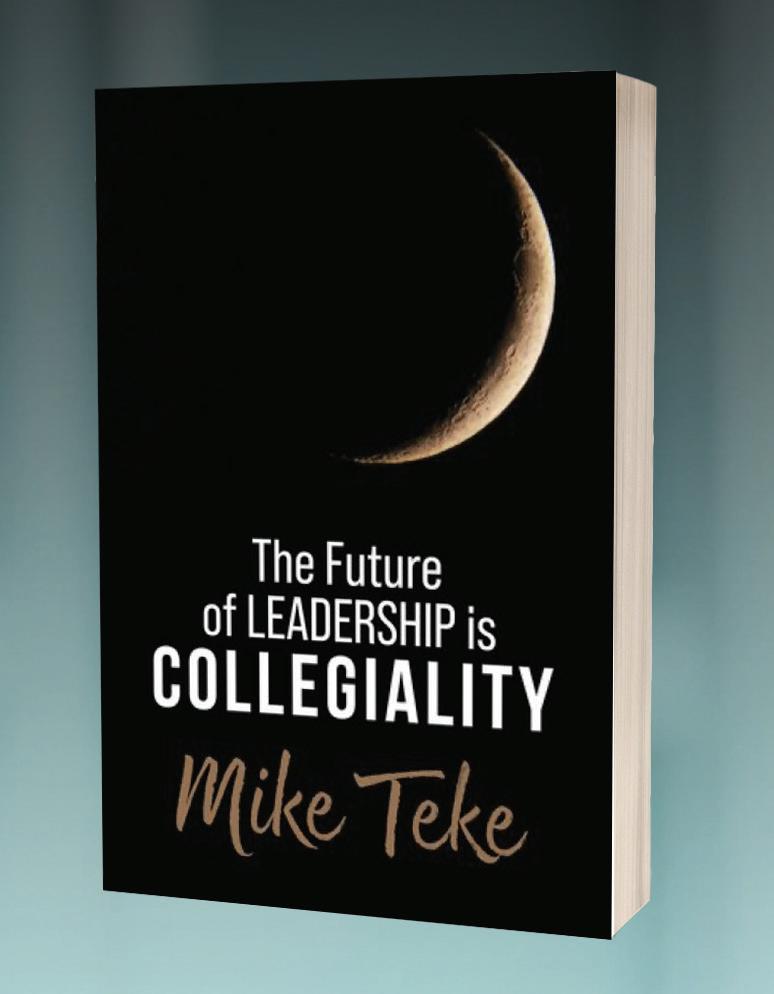
All you need to do is answer this simple and easy question:

What is the title of Mike Teke’s book?
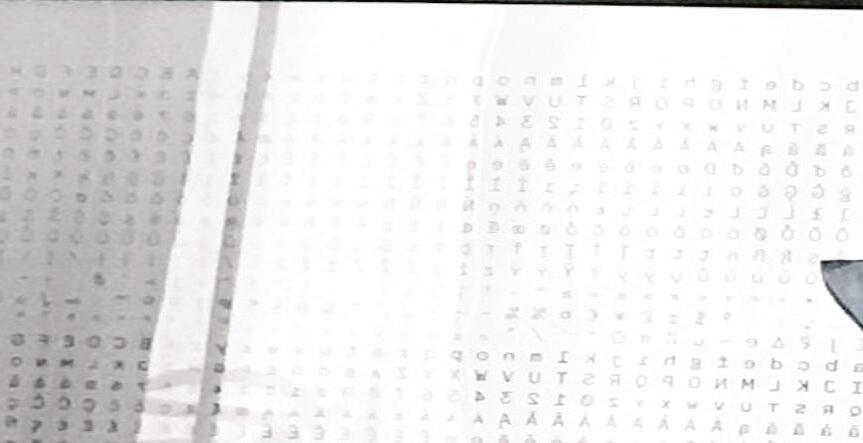

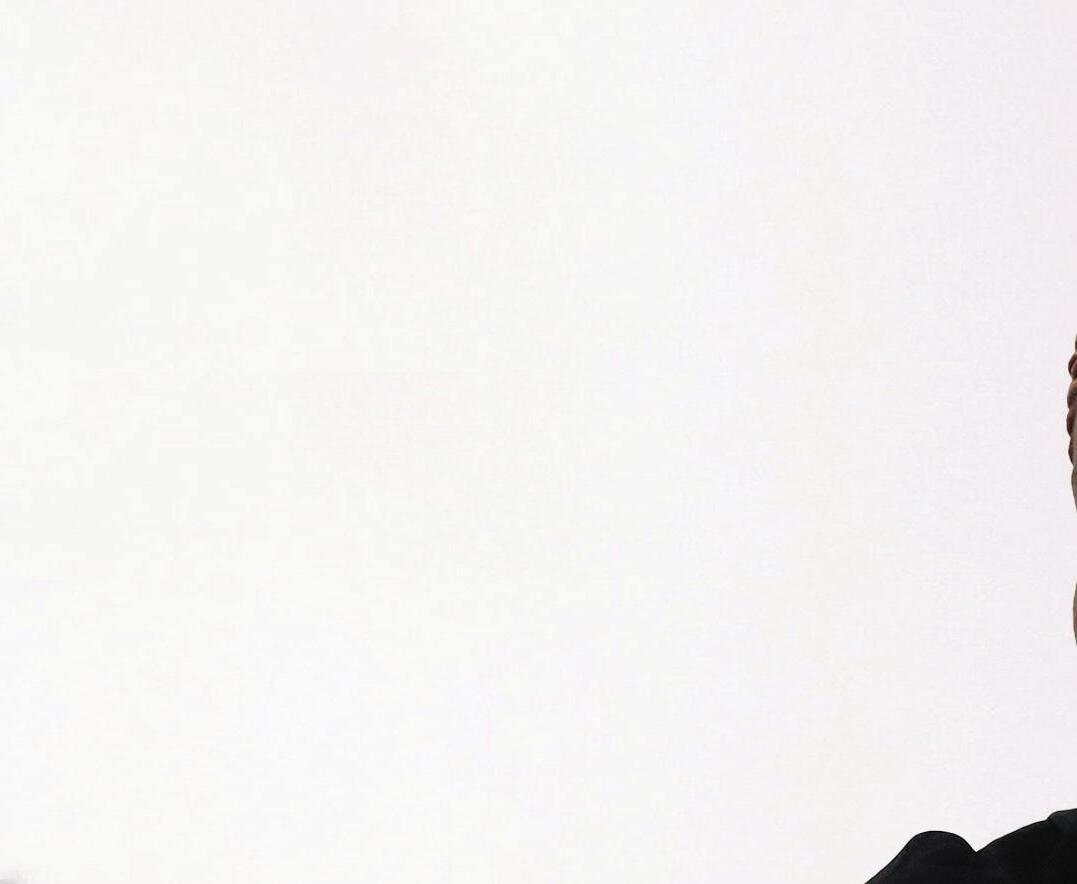
To answer, send an email to: editor@mineworker.co.za
Terms and conditions APPLY
Opinion Piece
Corporate Governance by Priscilla Mvana

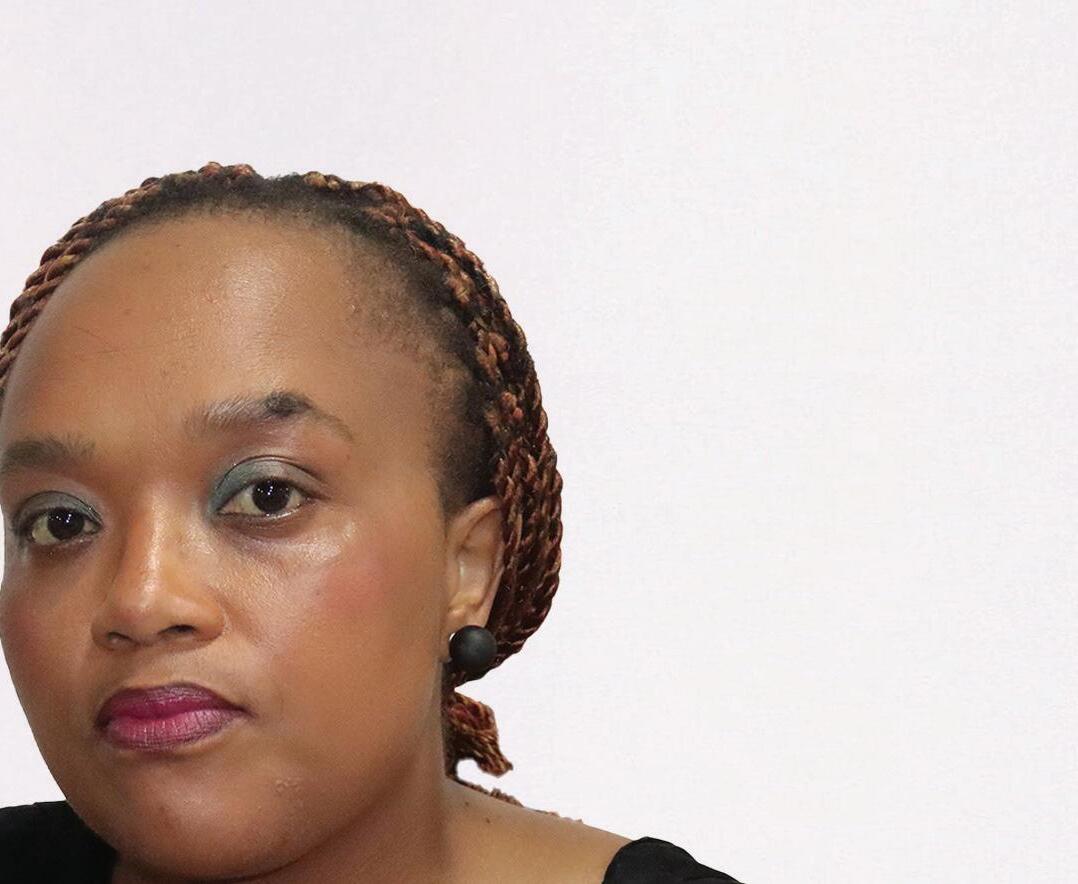
Corporate governance refers to the way in which power (authority, influence management and control) is regulated within a company. This process includes the design and ongoing monitoring of systems as well as checks and balances to ensure the left knows what the right is doing and vice versa. The purpose is to ensure power is exercised in a balanced manner (fair to all involved in and with the business), legal and regulatory obligations are adhered to, and risks are identified and mitigated timeously. Governance includes practices that are developed and implemented to keep the company accountable to all its stakeholders.
In simple terms corporate governance entails the following;



• The structure of rules, practices, and processes used to direct and manage a company.
• Company’s board of directors is the primary force influencing corporate governance.
• Corporate governance covers the areas of environmental awareness, ethical behaviour, corporate strategy, compensation, and risk management.
• Basic principles of corporate governance are accountability, transparency, fairness, responsibility, and risk management.
A company’s success is driven largely by good corporate governance and management. Employees must display interest in corporate governance in its entirety the success of a company directly translates to great rewards for employees and the failure of a company would also mean great losses for employees. It goes without saying that employees must be involved in decisions making and as such are part of corporate governance.
In the mining industry employees are fortunate to play a role in the running of companies through union representation.
Union representation ensures employees voices are heard
and employees are part and part of decision making and are not informed of any change that may affect employees whether positive or negative. Through representation of unions in boards of various mining companies, employee engagements are improved, staff retention efforts are enhanced, change management efforts and compliance imperatives are embraced.
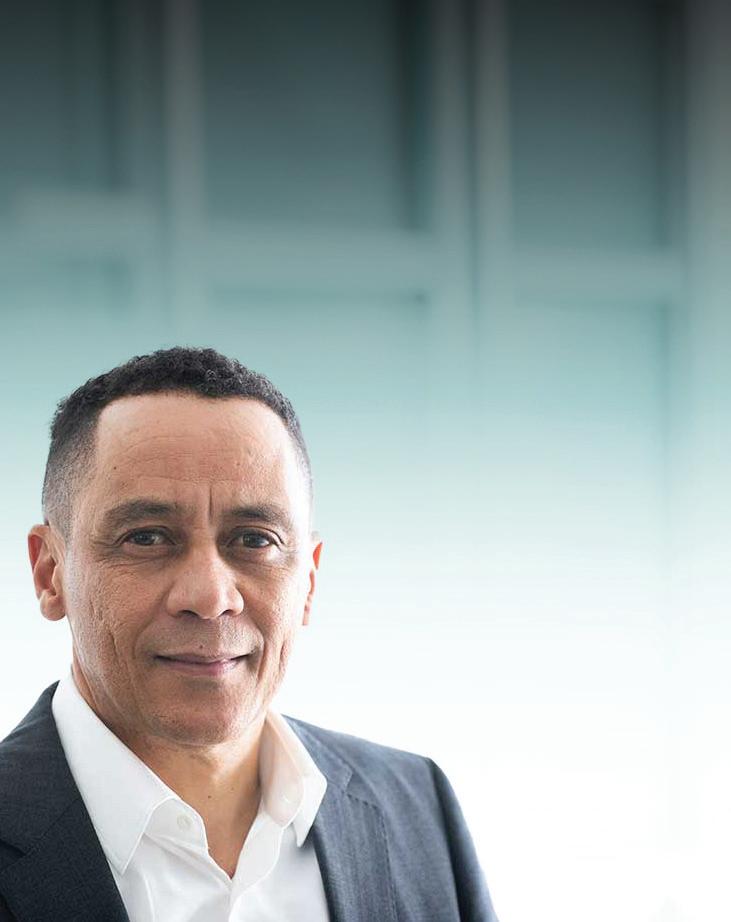

It’s important for mine workers to understand that good corporate governance is only as good as the participants they elect who represent them. Representatives of mine workers should be those employees who will not forget the constituency they represent when they start rubbing shoulders with the big shorts. Mine workers must get involved if the real benefits of good corporate governance are to be realised.
Priscilla Mvana is an independent consultant with over 15 years combined internal auditing, risk management, compliance and ethics management.
2nd Edition: July - September
2023
Doctor with a knack for music
Dr Mpho Rabada
When you hear the name Rabada, you might immediately think of the famous cricketer, but today we are shining the spotlight on Dr Mpho Rabada, who is making a name for himself in the music industry. Hailing from Pretoria and a proud father of two sons, one of whom is the well-known cricket star Kagiso Rabada, Mpho has always had a passion for music. His journey began in school and church choirs, and now he’s ready to take the music world by storm.
Mpho is a multi-talented individual with a diverse background. In addition to his love for music, he has extensive experience in various fields, including Aviation, Mining, Public Health, and Business Process Engineering.
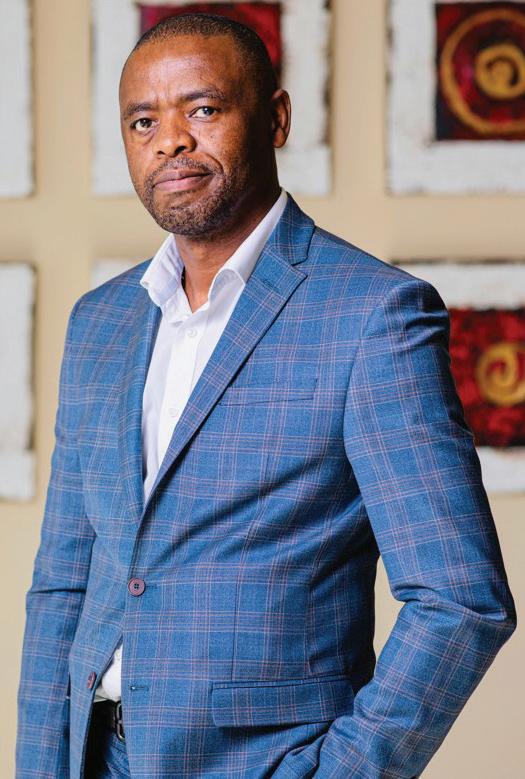
He has worked as a registrar in the NHS system, was in hospital management in the Gauteng province, and held roles in Business Process Reengineering, Strategy Facilitation, and VP in mining (Safety, Health, and Wellbeing). His impressive range of experience and expertise is a testament to his dedication and hard work.
Mpho is an outstanding person with a genuine love for music and a strong desire to assist others. He recently donated R80,000 to Wits to help a music student register for her final year of studies in a Bachelor of Music program with a specialization in jazz voice. This selfless act demonstrates his unwavering commitment to supporting artists and helping those in
need. Mpho firmly believes that his purpose is to heal, and he has combined this with his passion for providing other music artists with a platform. His remarkable range of experience and expertise is matched by his kindness and empathy.
Do you envision a future where you pursue a career in music and leave behind your stethoscope?
I cannot dismiss the possibility that music truly lies at the centre of my passion, while medicine is more of a profession where I believe I have been chosen by a higher power rather than called. Therefore, abandoning my stethoscope poses significant challenges, especially considering the scarcity of doctors in South Africa.
Is there anyone, either locally or internationally, with whom you would like to collaborate?

I am interested in collaborating

with Master KG, who shares the KG25 brand with Kagiso. Additionally, I believe that King Monada has a unique style, and Black Coffee has a refined sound. These three local artists are at the top of my list of potential collaborators, and I hope this opportunity will arise soon. As a person of faith, I am confident that a globally recognised local phenomenon is in the works. Although it is a dream, I am certain it will become a reality.
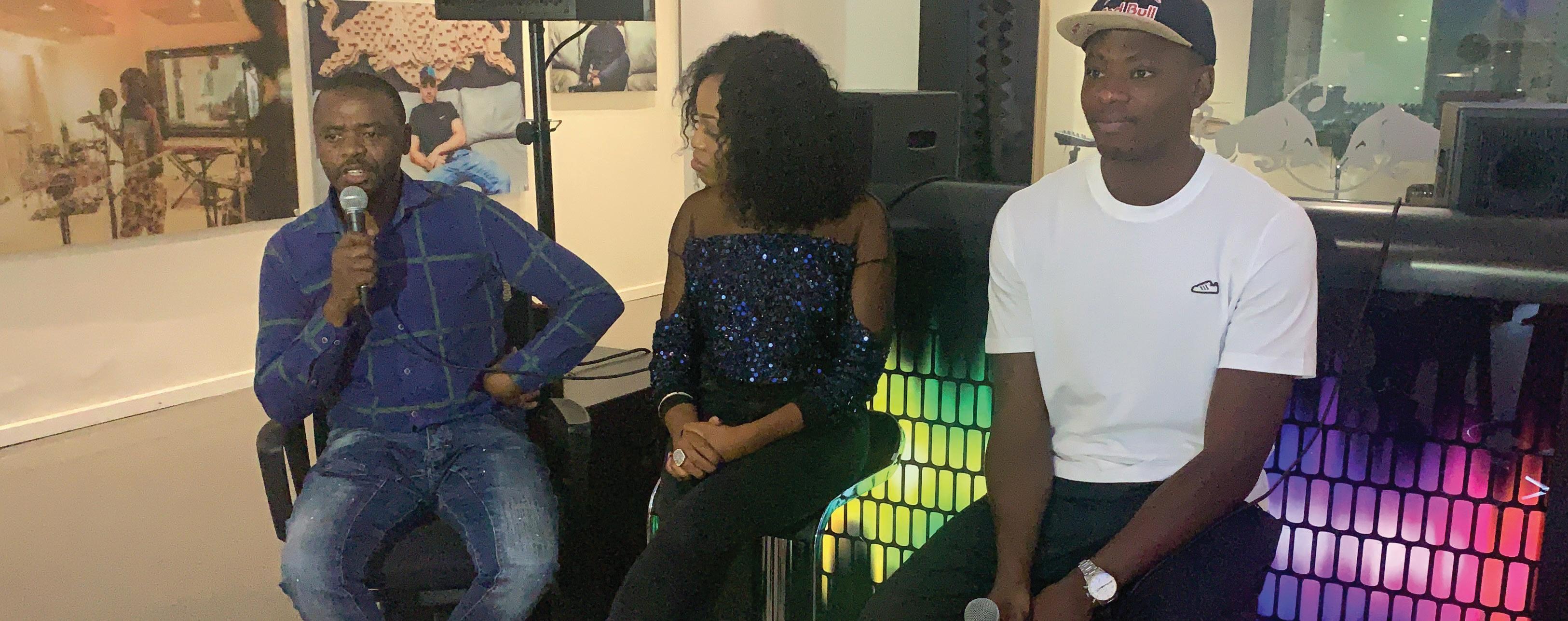
JayZee and Drake are considered the top artists who consistently produce exceptional work in the international music scene. I strongly believe that my progress will inspire people to diversify and explore their talents. Your current career or profession should not limit you. It is essential to think outside the box for innovation and then turn those innovations into something tangible within the box. While focusing on operations within the box is crucial, strategizing outside the
box can lead to great success. Always dream big, take one step at a time, and achieve beyond your wildest imagination. People may try to discourage you, telling you that it cannot be done or that it wastes time and effort. However, remember that it is not their dream; they may not see or feel your vision.
As for me, God willing, I will pursue the African dream globally and be an inspiration for young people to dare and achieve.
If you could advise those who aspire to be artists, what would it be?
To all the aspiring artists, professionals, artisans, and entrepreneurs out there: I want to encourage you that it’s never too late to make a name for yourself. I’m excited to dance to the music of a talented person with many skills.
2nd Edition: July - September 22 Mineworker Magazine - 2023 21
Opinion Piece
The struggles of a child of a mineworker in South Africa
by Bonolo Matshidiso
Mining
It is well documented that the South African Mining Industry produces a wide range of minerals, inter alia: platinum, gold, iron ore, copper, and coal, which play a crucial role in the domestic economy. Furthermore, South Africa is one of the leading countries in the world trade in terms of mineral resources such as platinum, chromium, manganese, and gold. More importantly, on average, the industry contributes approximately 8% of the GDP annually, despite being infested with daunting challenges such as a lack of technical skills, illegal mining activities, employees’ safety, unreliable energy, and many more.
Notwithstanding the aforementioned salient aspects of the industry, the profound question is:


How does it feel to be a child of a mineworker in South Africa?

It is well known that, in South Africa, mineworkers work six (6) days per week on average and in certain instances, it can
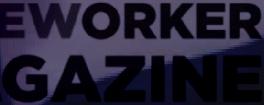


even be seven (7) days, if they are required to work overtime. Moreover, some mines operate for 24 hours with long shifts, and the morning shifts begin very early, meaning that mineworkers leave their homes before the kids wake up. Most mineworkers work far from home and do not live with their families. The child of a mineworker is separated from the parent(s) sometimes for longer periods.
South African mines are rated among the most dangerous mining operations in the world, from occupational hygiene, safety, and environmental health perspective. This means mine employees are subjected to occupational hygiene hazards such as excessive noise levels and high temperatures, in every shift they work every day at the mine. Moreover, they also face hazards including improperly supported ground and noxious gases, and environmental health vulnerabilities such as contaminated water and excessive dust levels. These hazards present severe risks such as noise-induced hearing loss, heat stroke, death, and severe lung diseases.

From these excruciating working conditions, a child of a mineworker lives in fear that her parent may get ill any time or in the worst-case scenario die while on duty. Furthermore, this constant fear may create emotional and mental imbalances for the child of a mineworker, developing psychological issues, even a decline in their academic performance at school.
The bright side of being a child of a mineworker
Despite the aforementioned challenges of a child of a mineworker in SA, if nothing from a safety and health viewpoint happens to the parent, the benefits are enormous. This includes private healthcare, education, a shelter in the form of a proper home, monthly groceries, and other benefits derived from a working parent.
It depends on the cost-benefit analysis theory whether it is worth it to be a child of a mineworker in South Africa when you weigh the benefits against the costs, and where will the scale tip.
Mineworker Magazine - 2023 23
Website: www.mineworker.co.za
Email: editor@mineworker.co.za
Phone: 082 544 0238
FB: Mineworker Magazine
Twitter: @mineworkermag
Podcast: The Mineworker
Follow Us on:



































































 Letisha van den Berg Director at ASPASA
Letisha van den Berg Director at ASPASA









































































